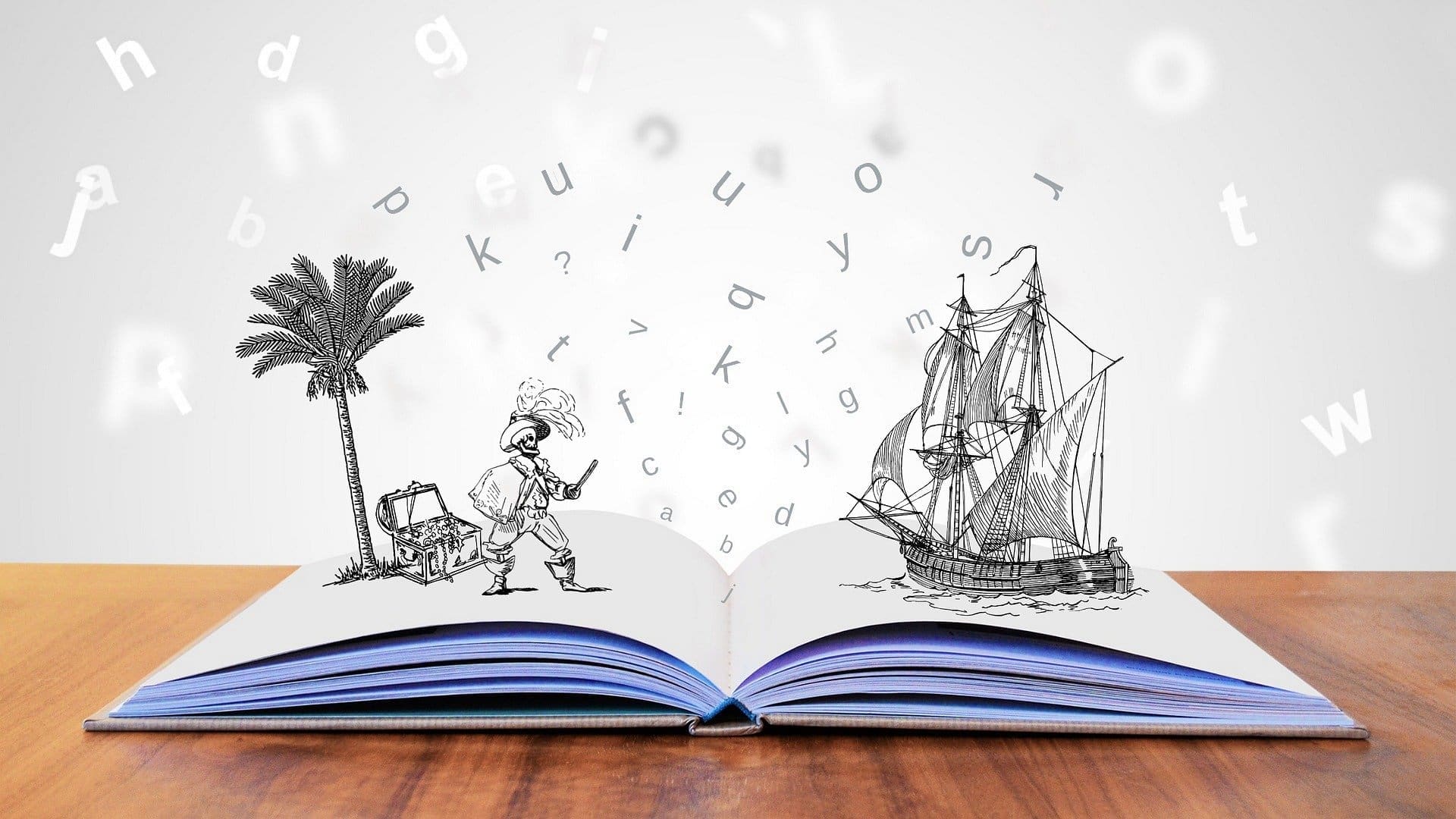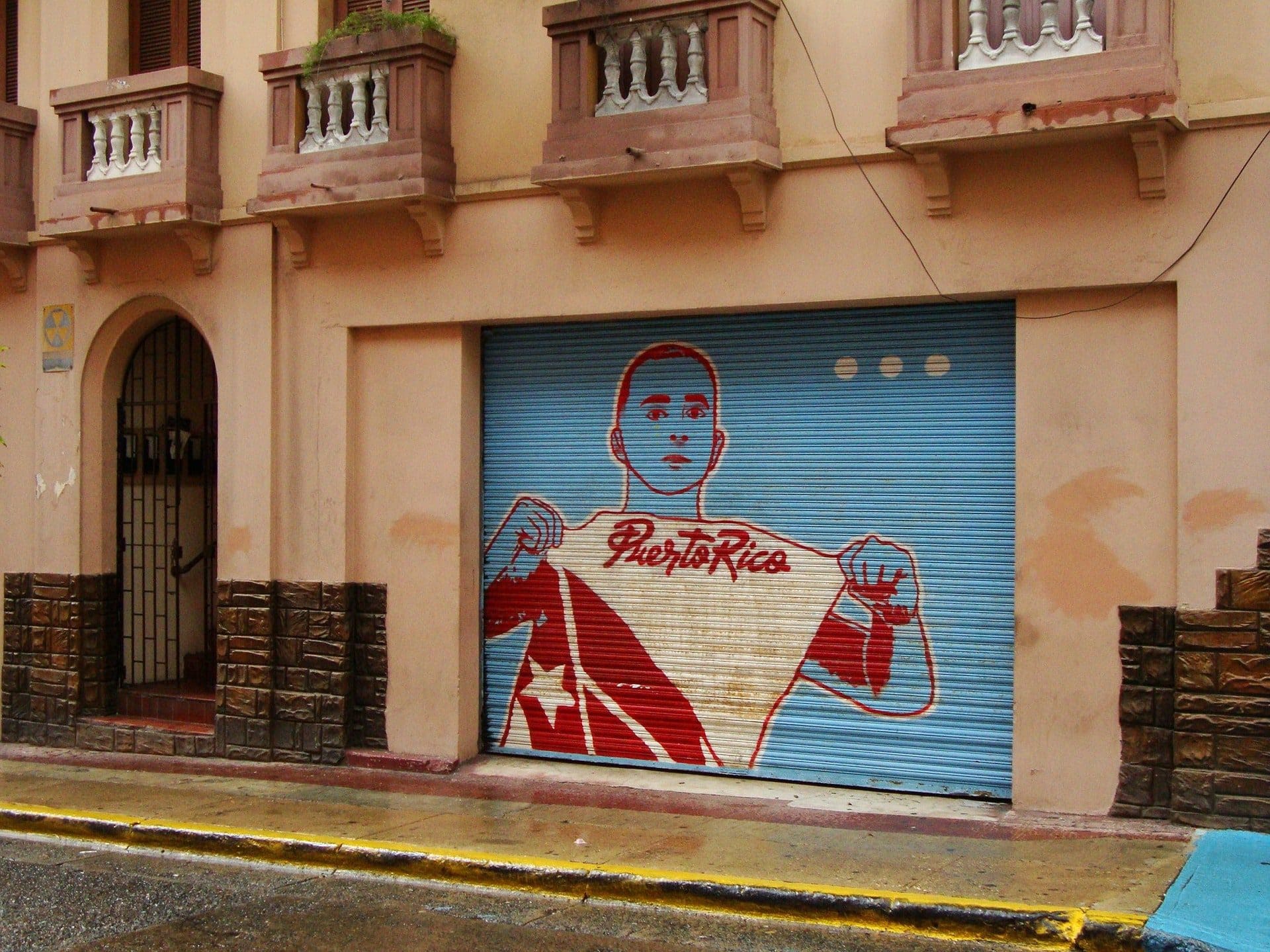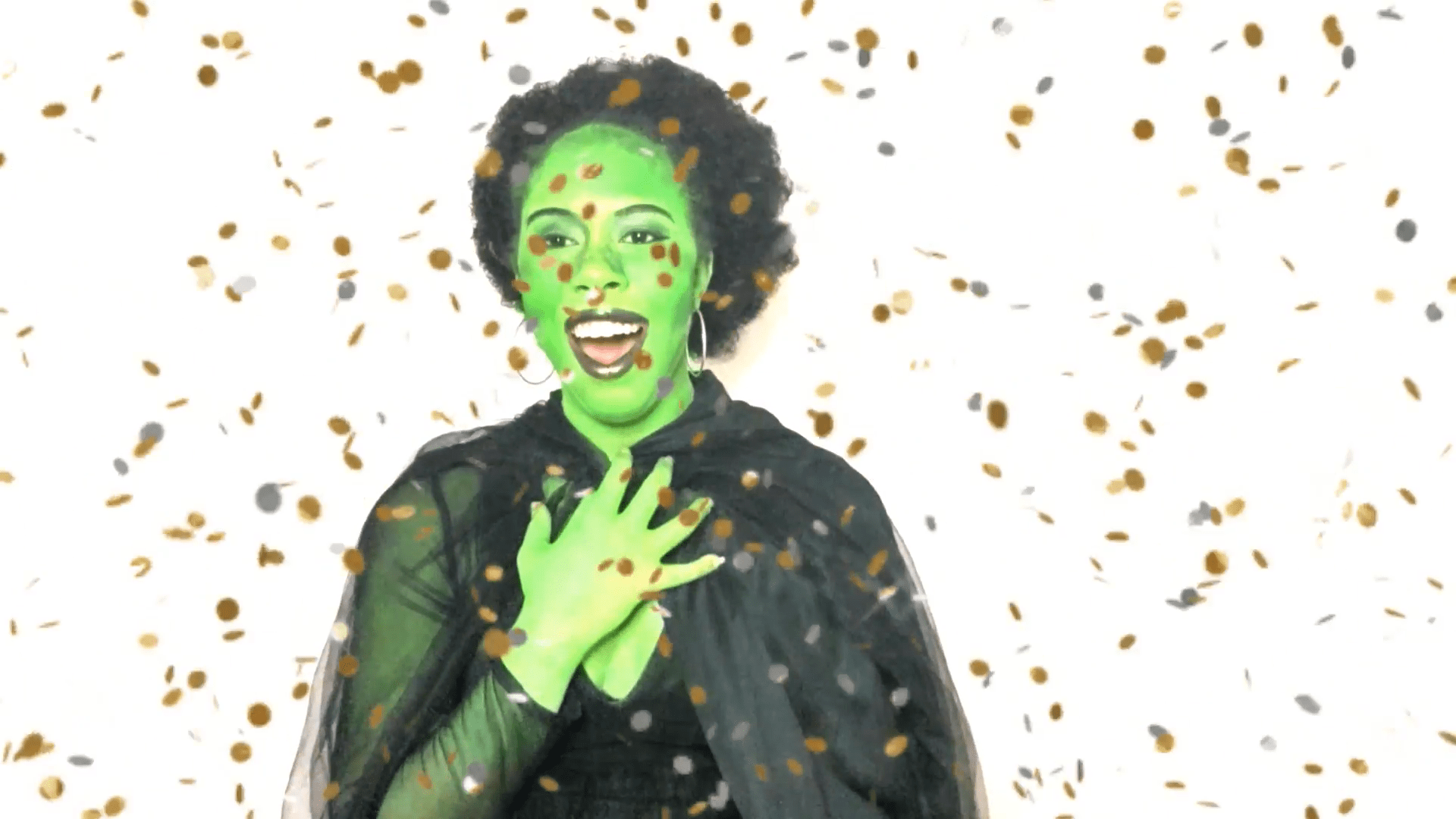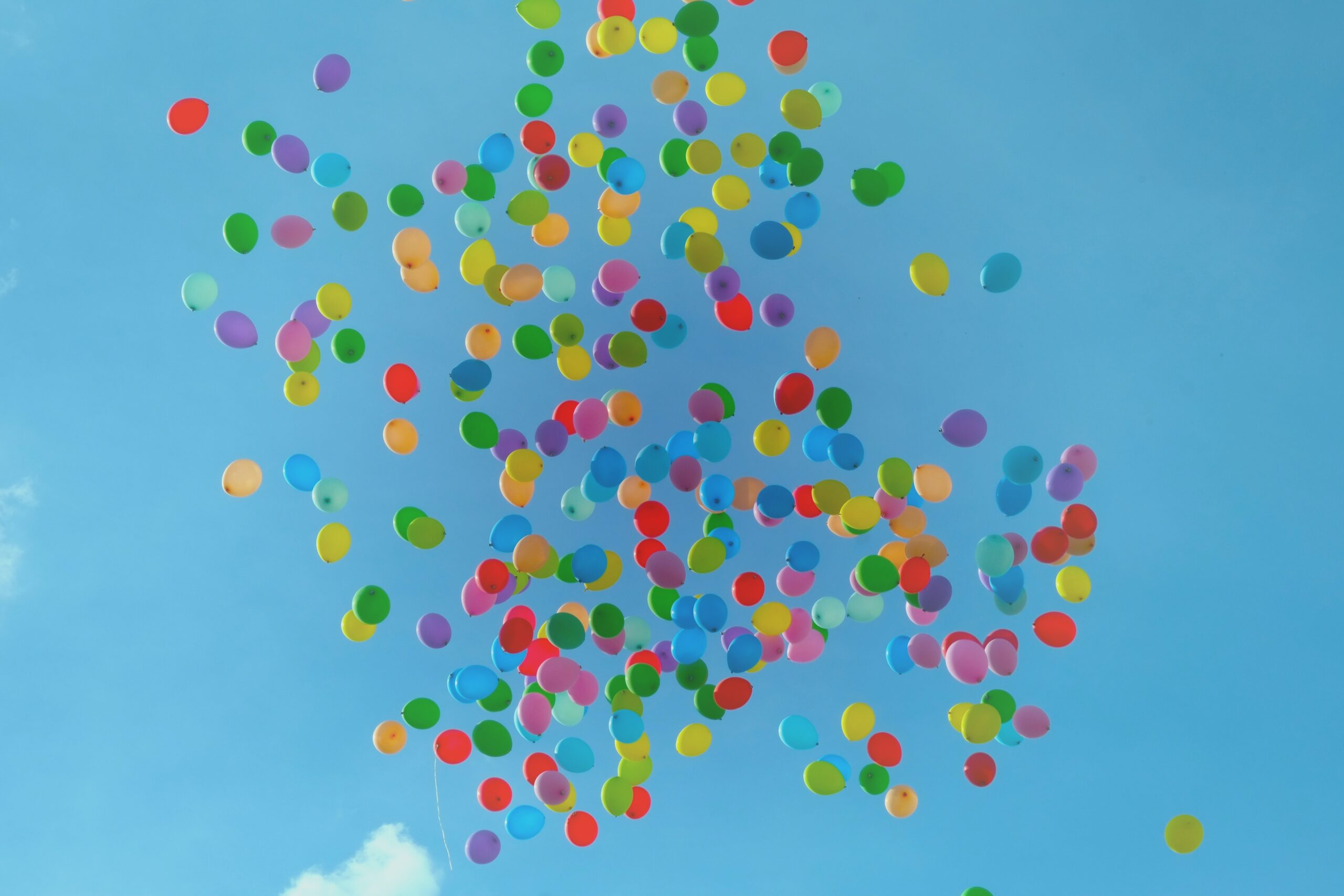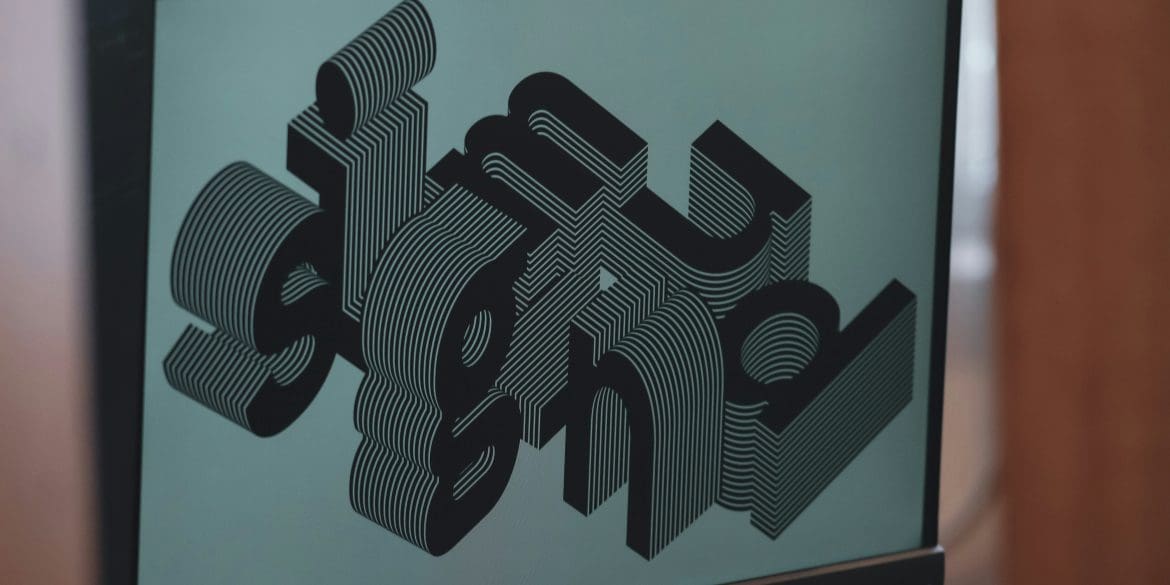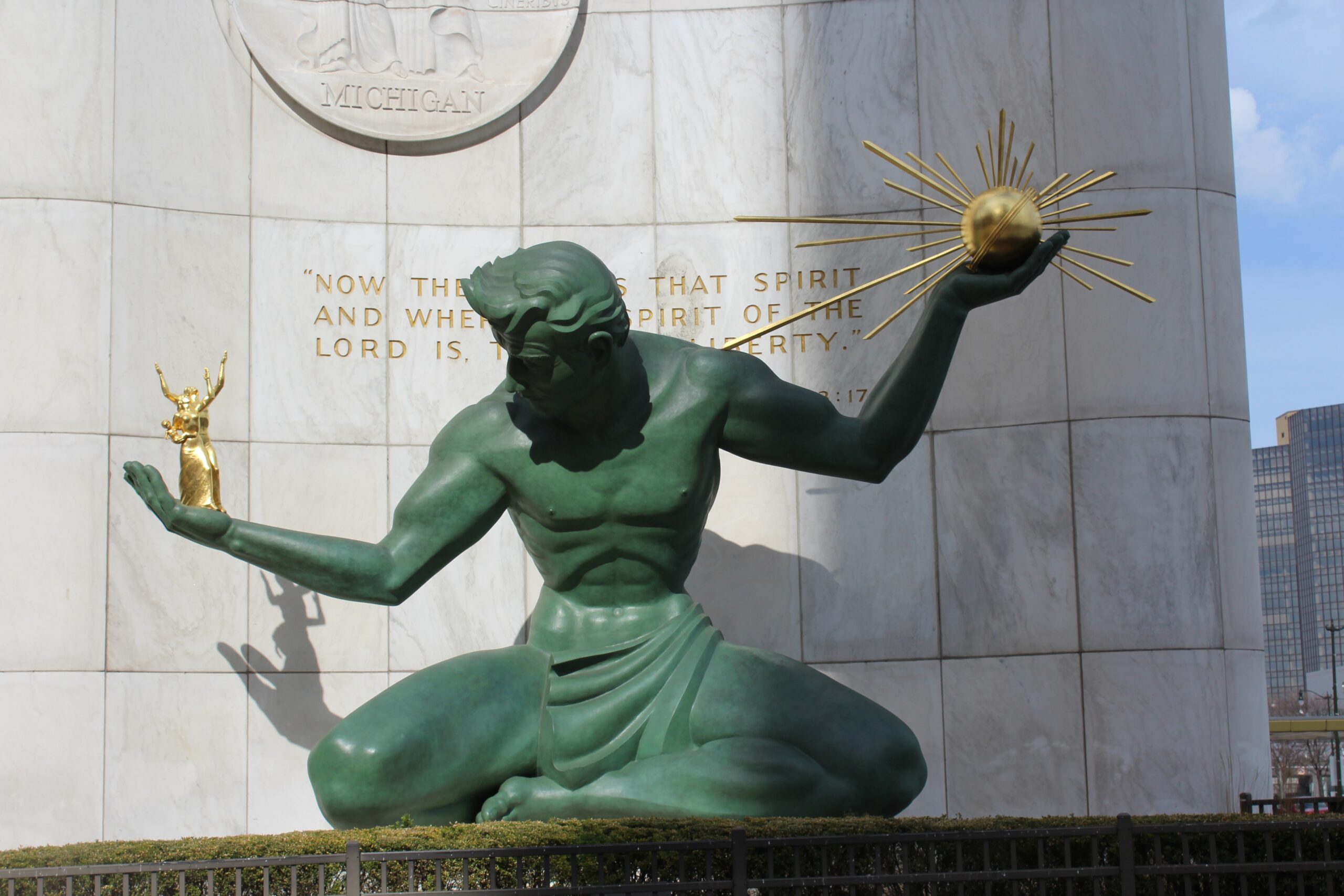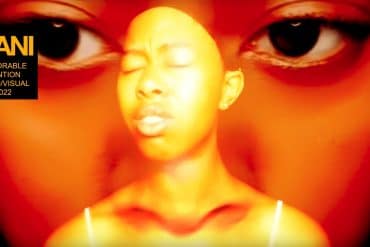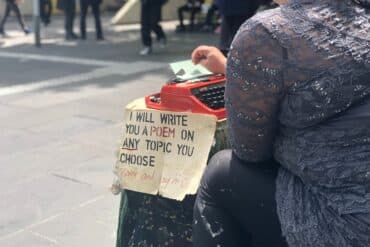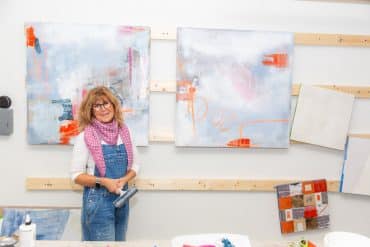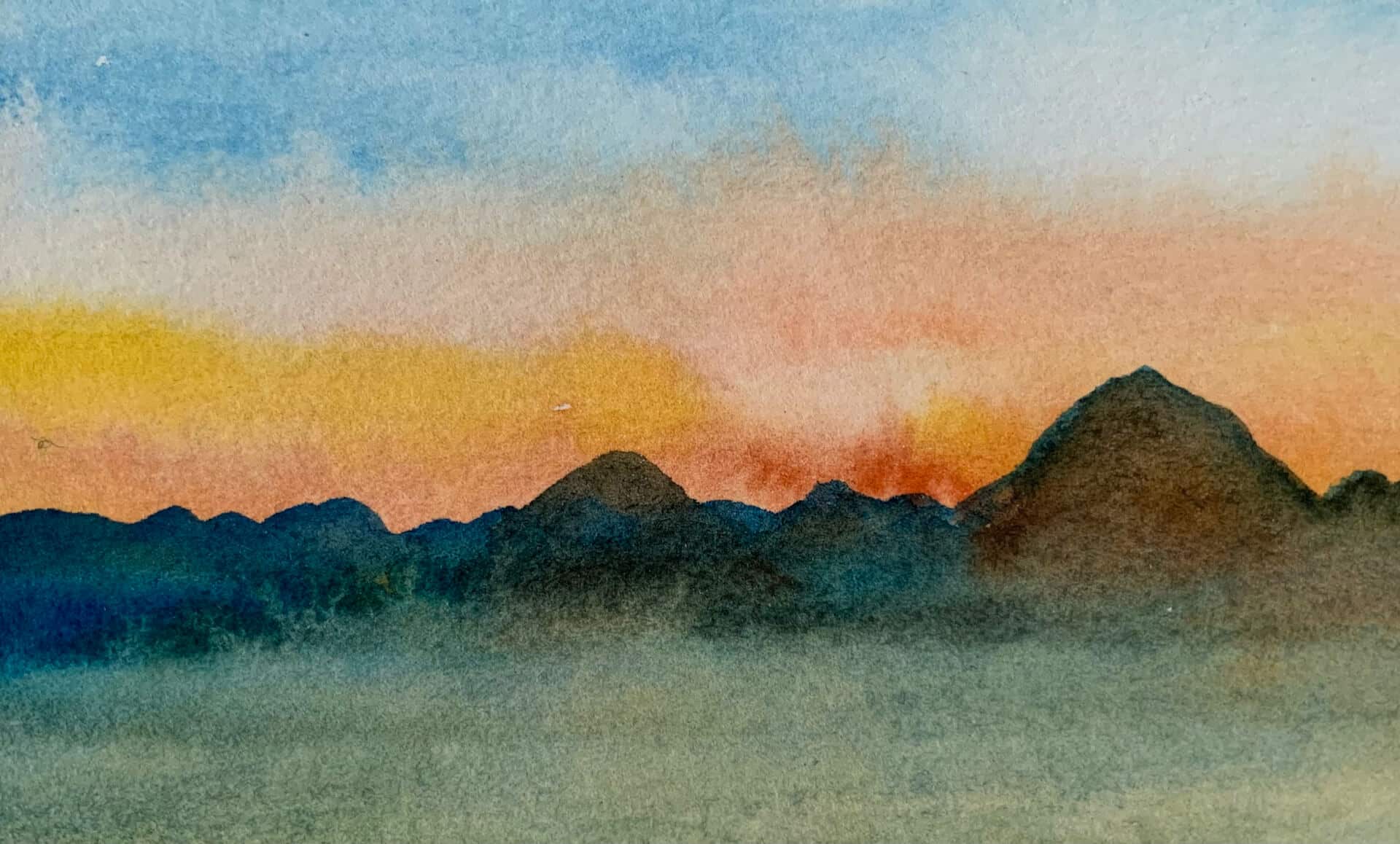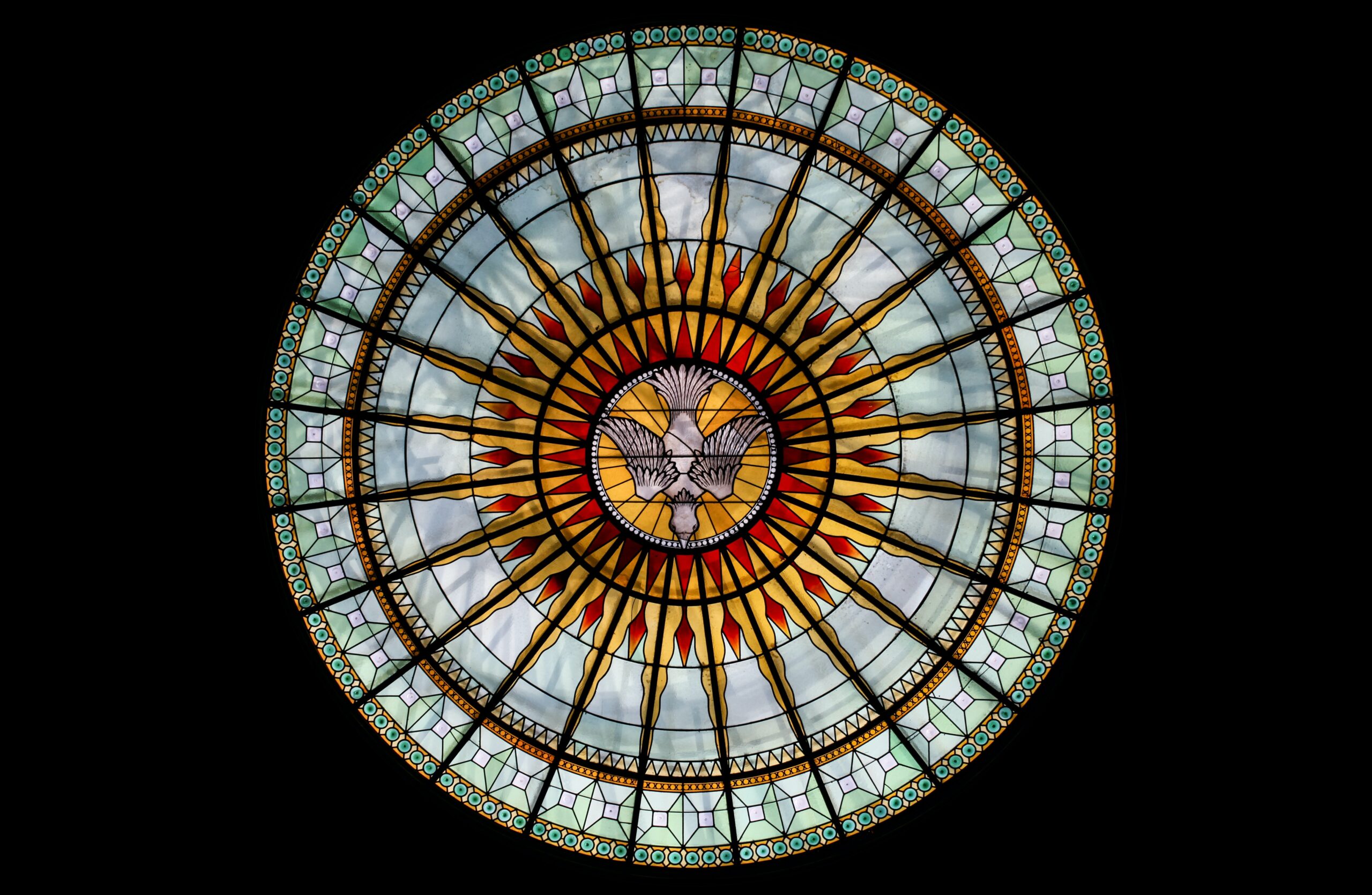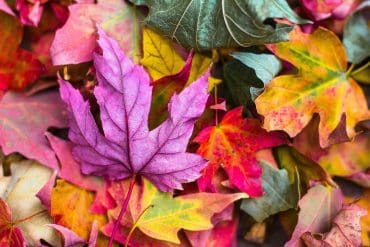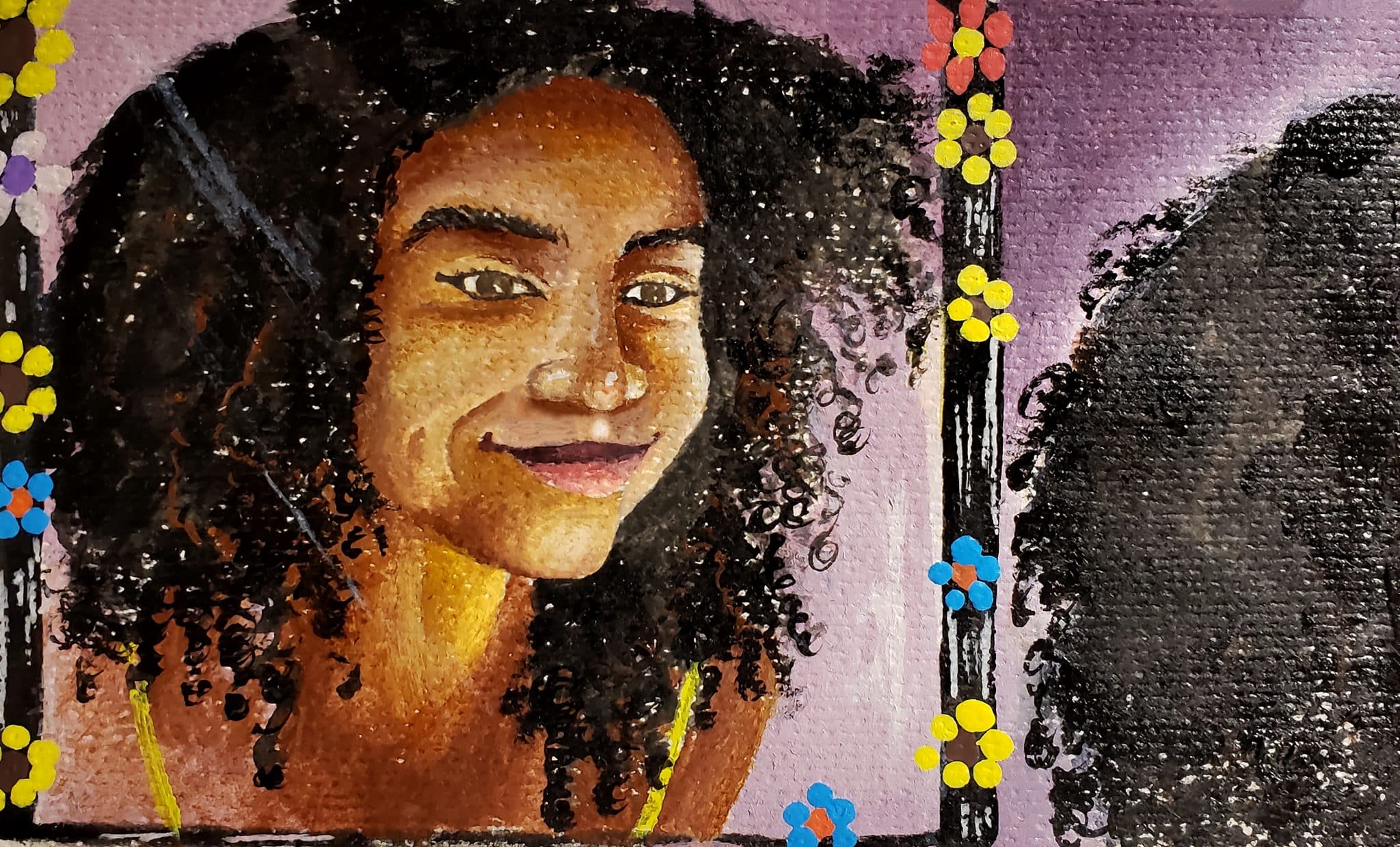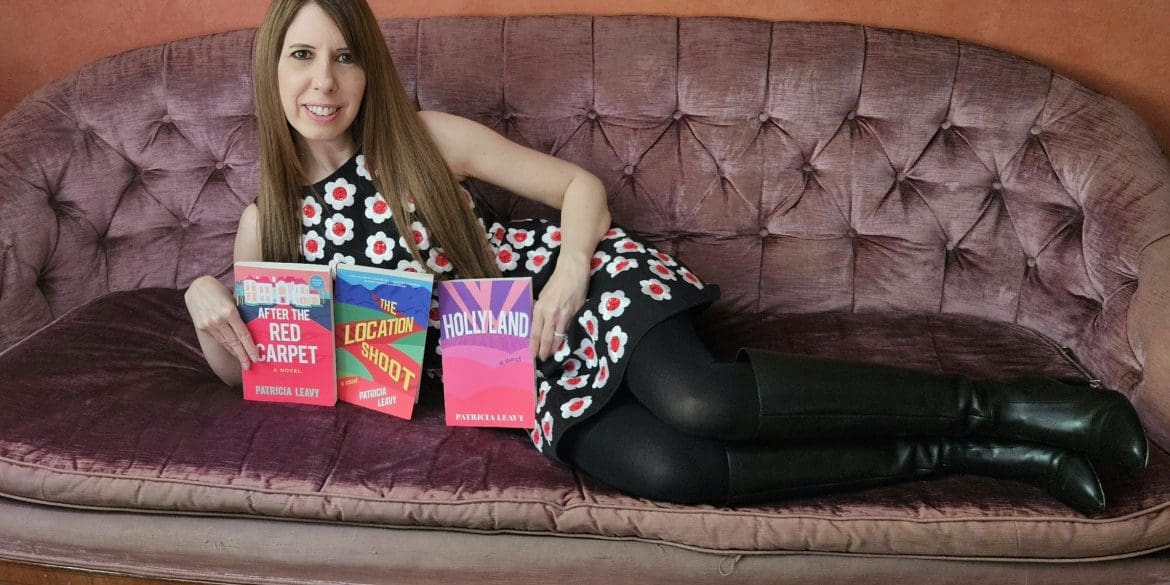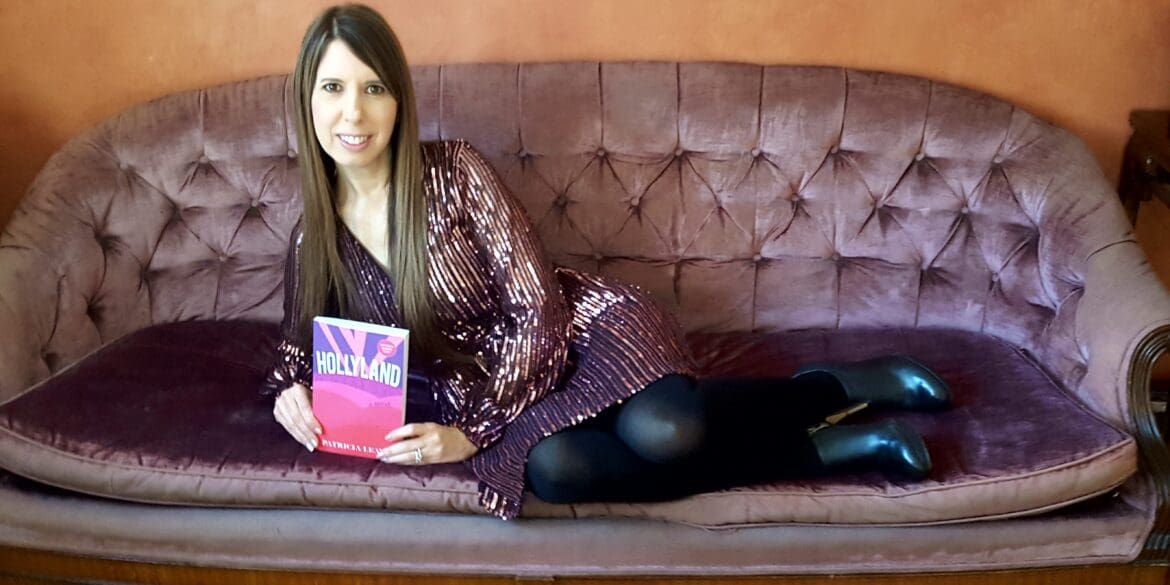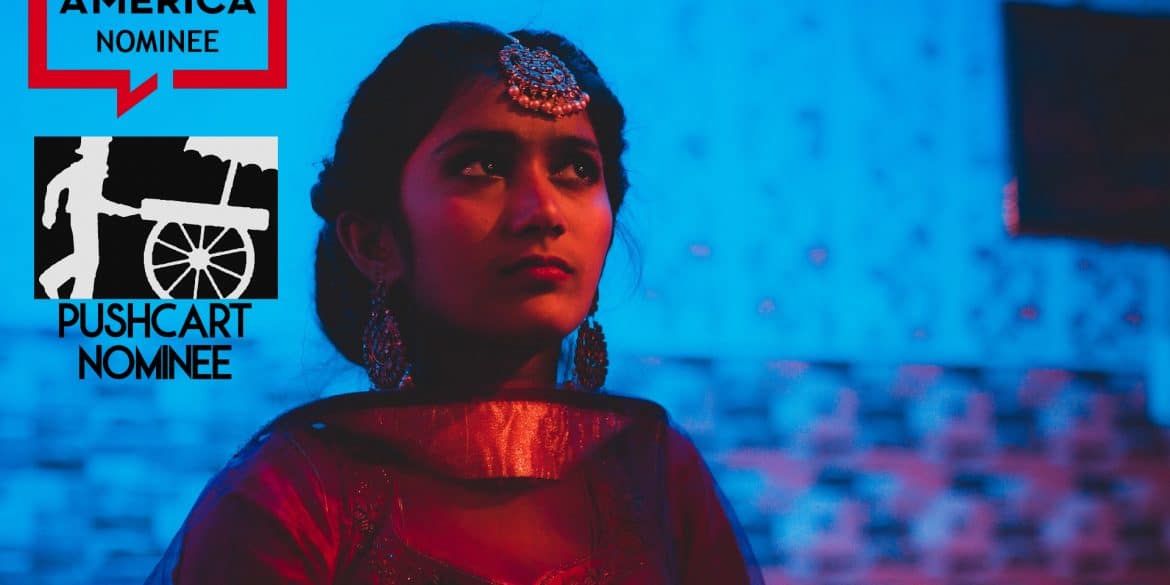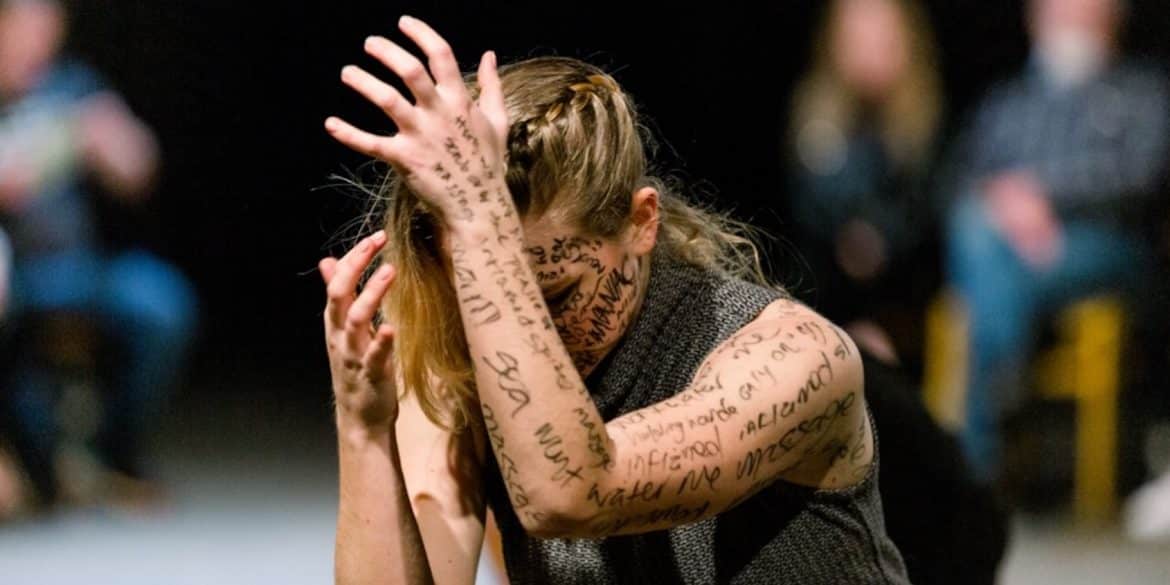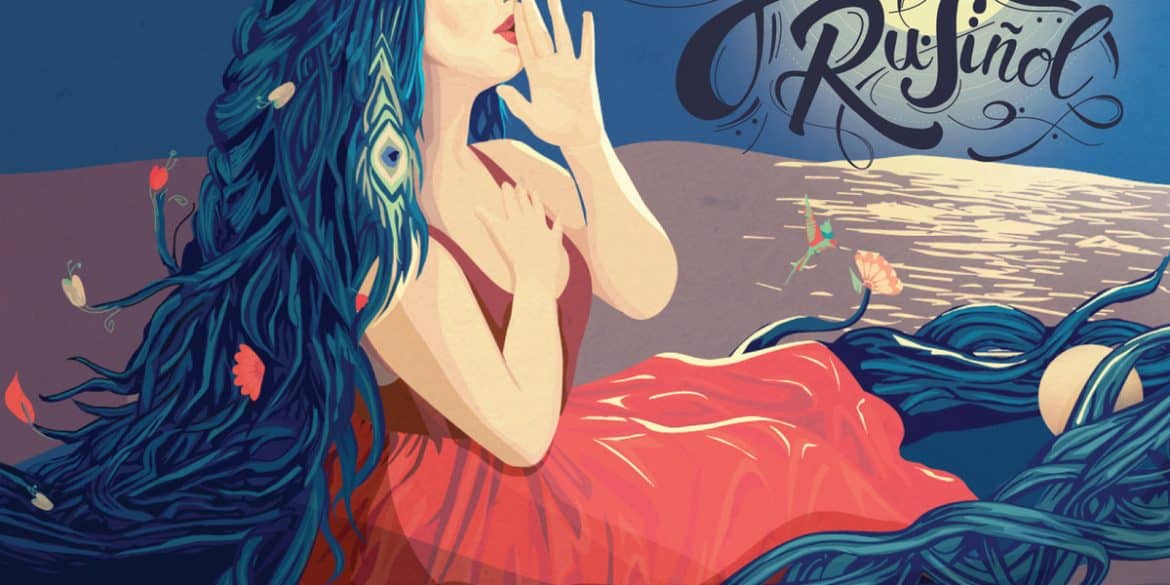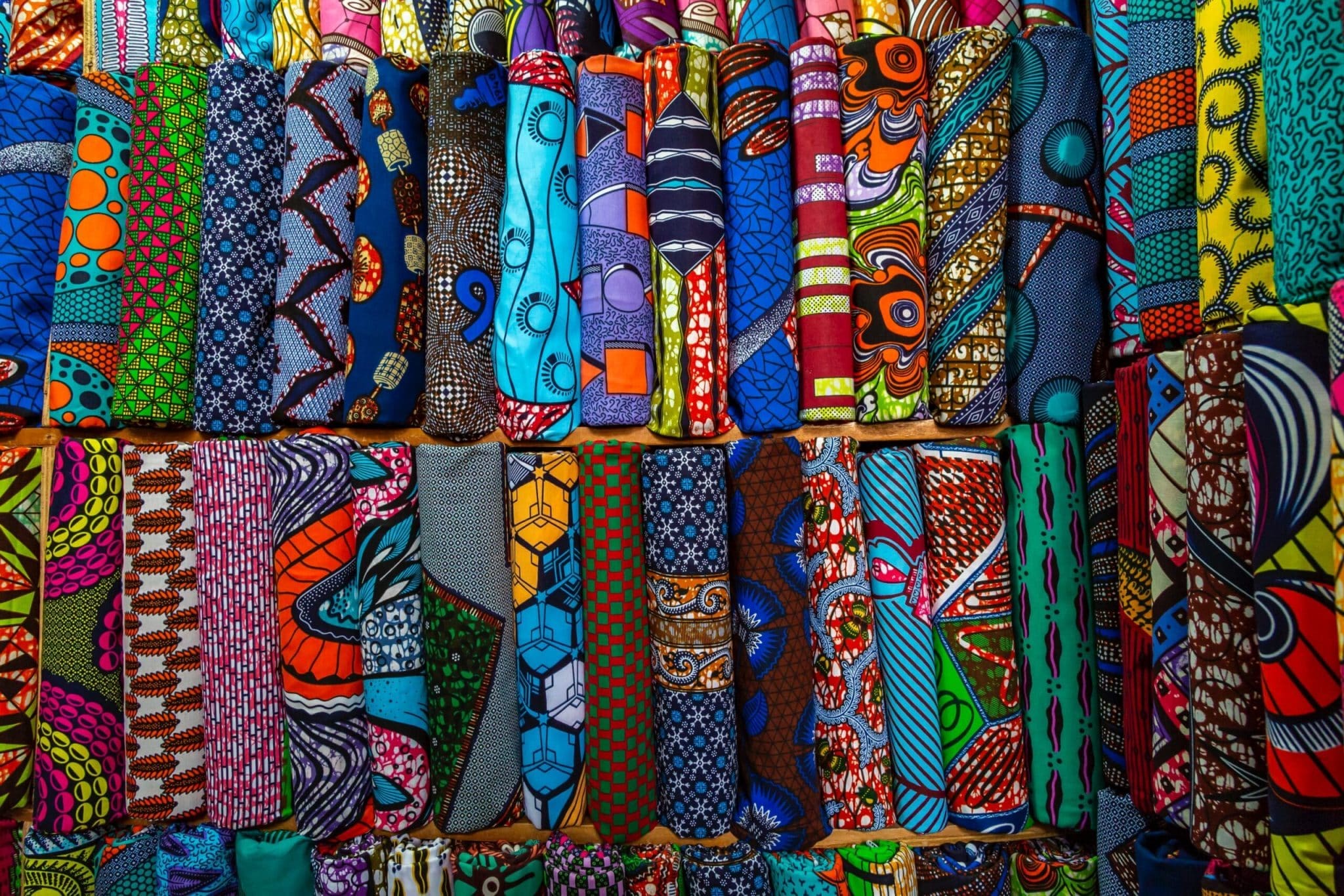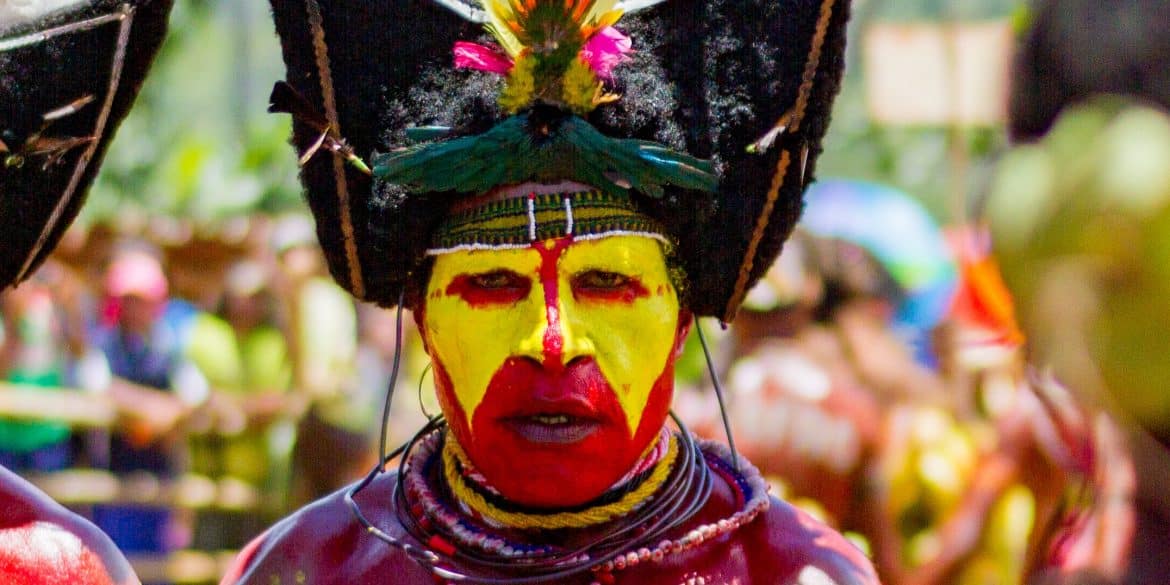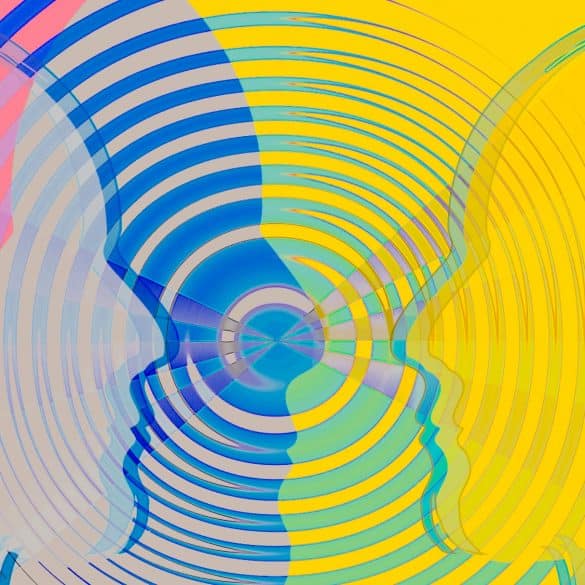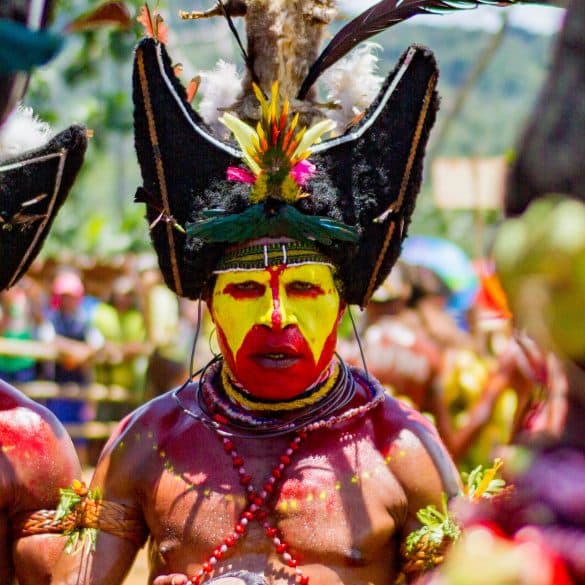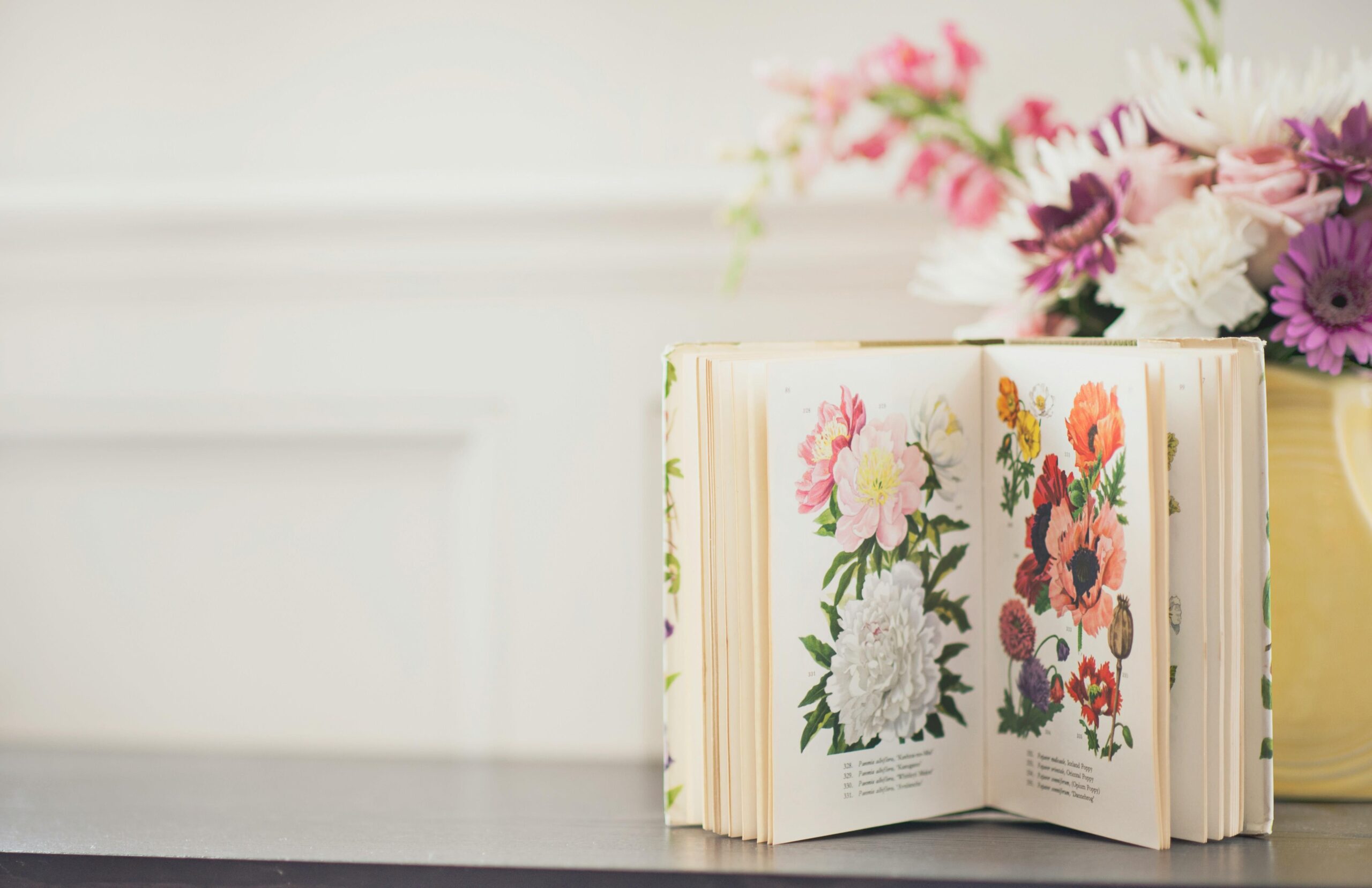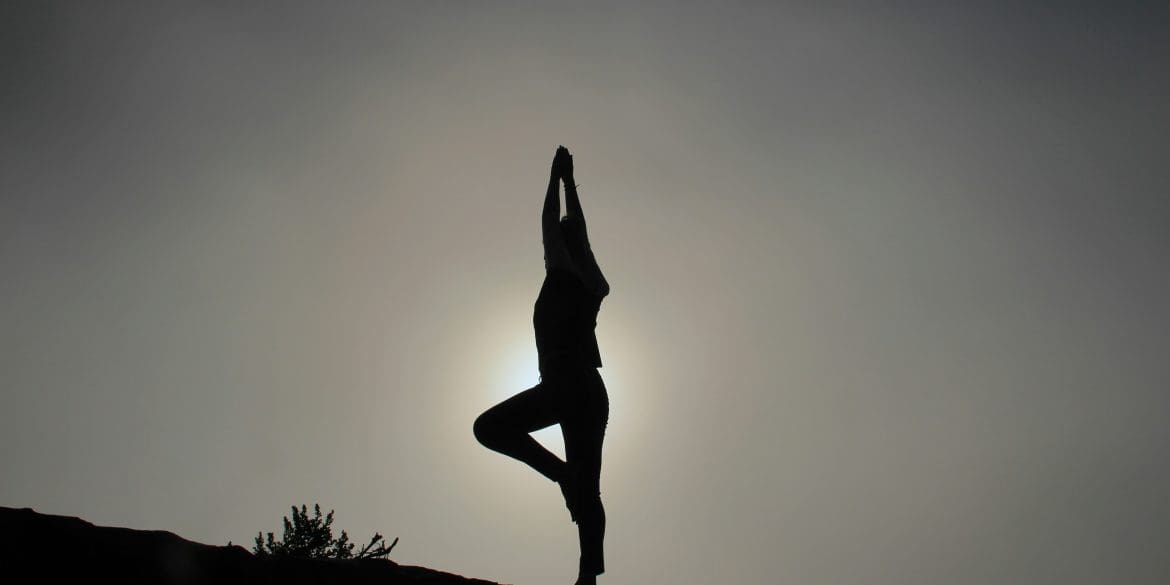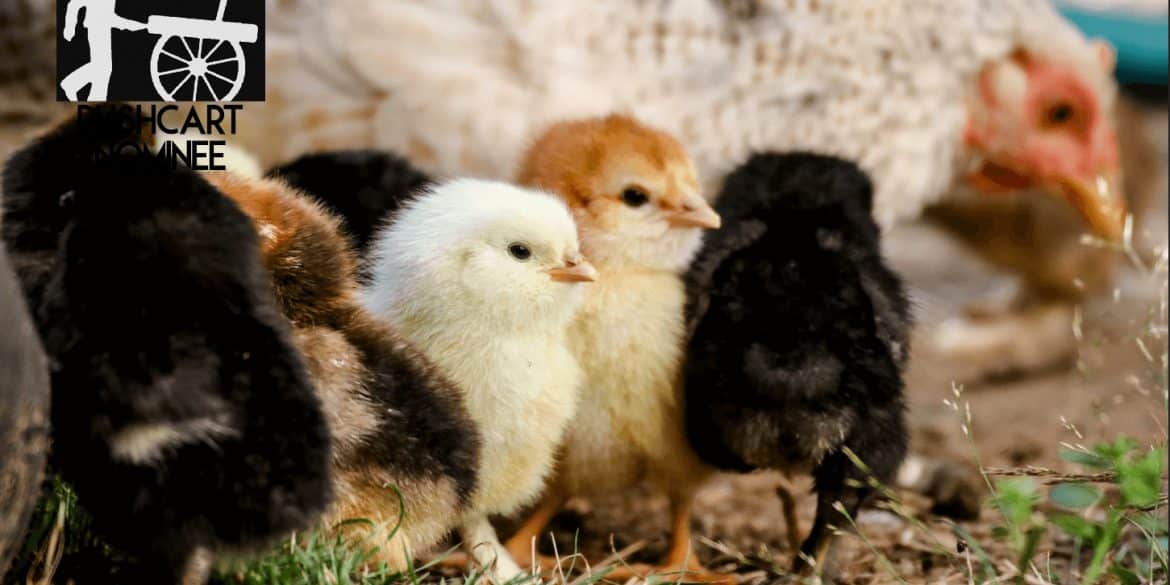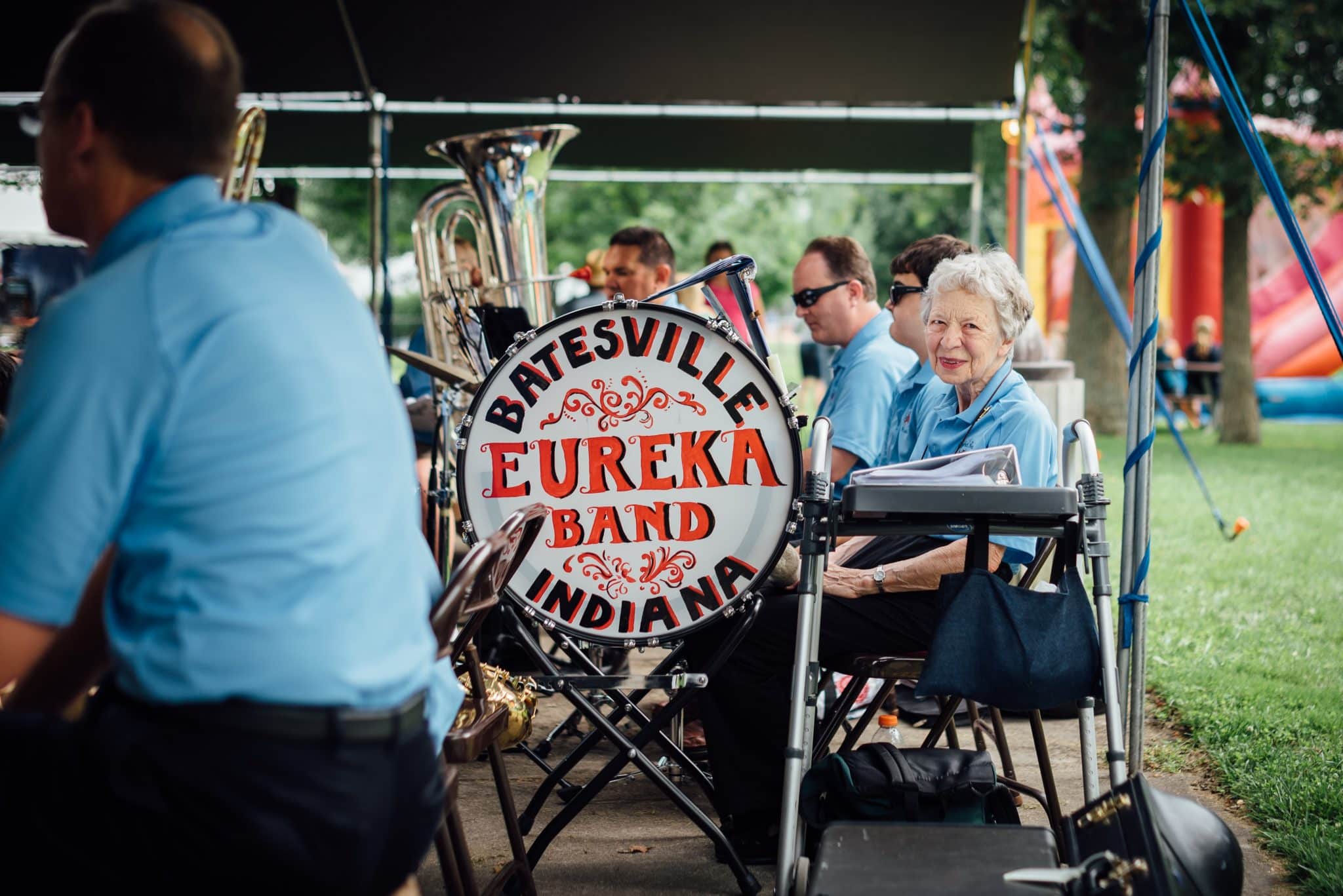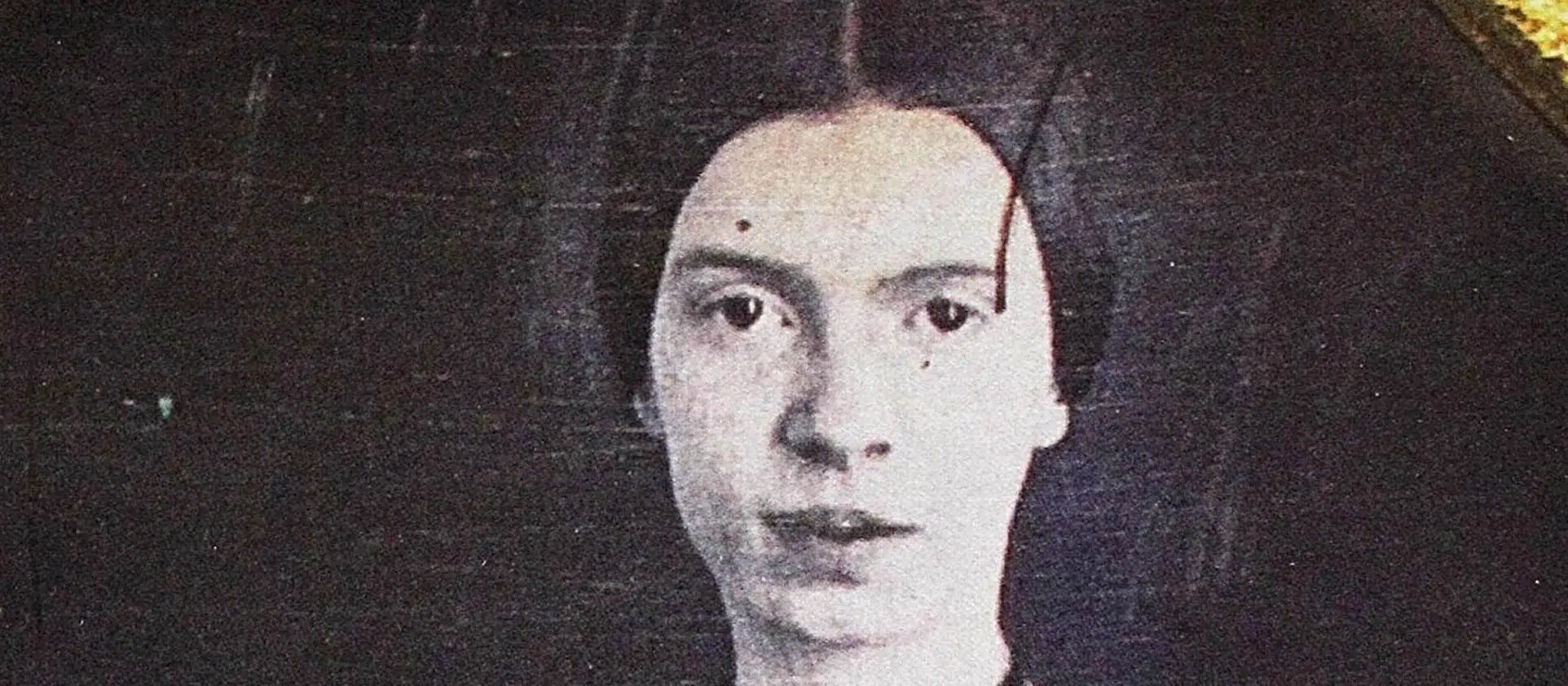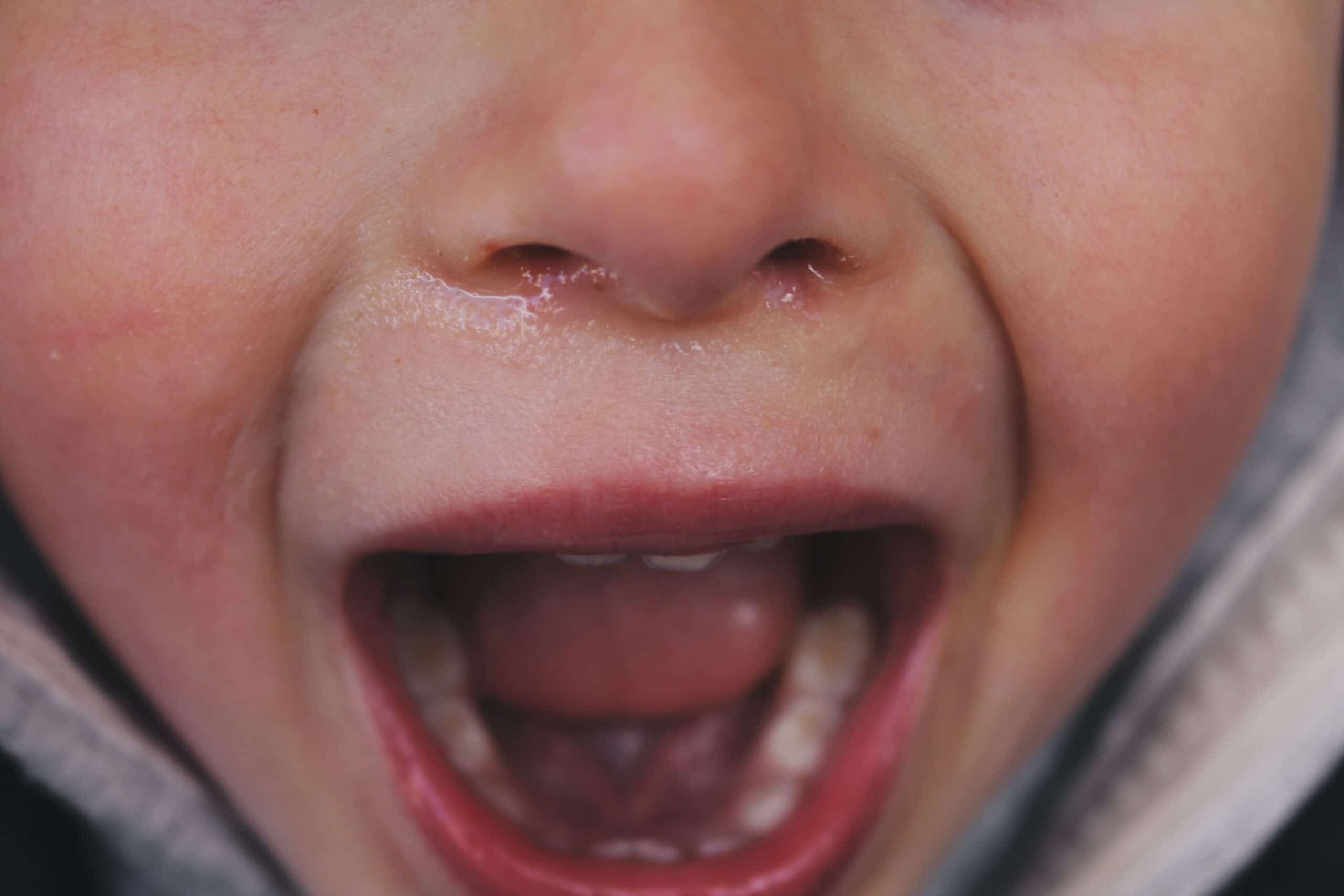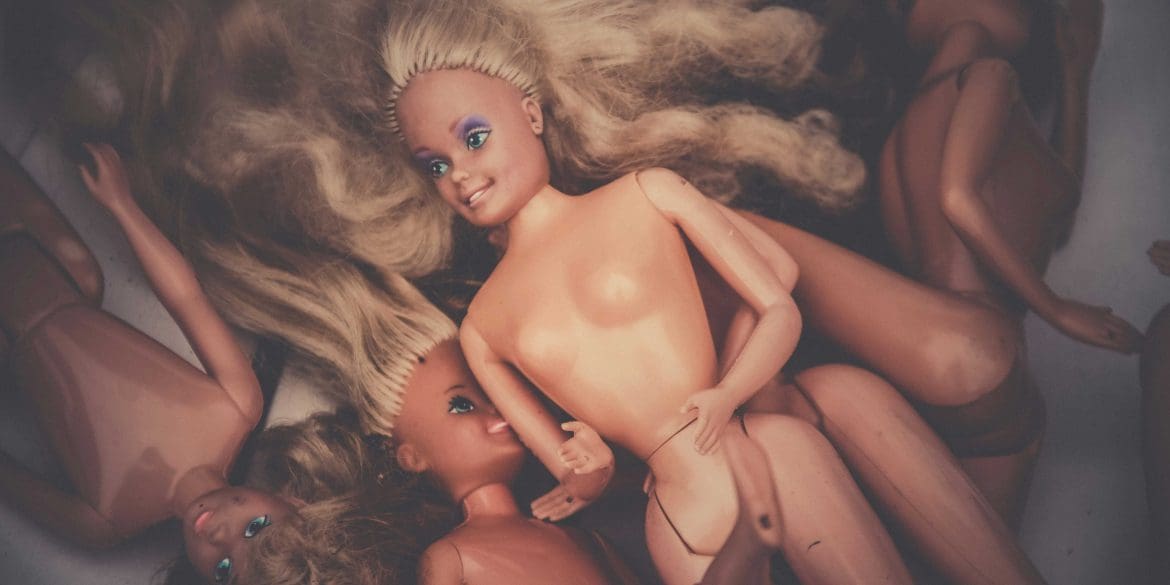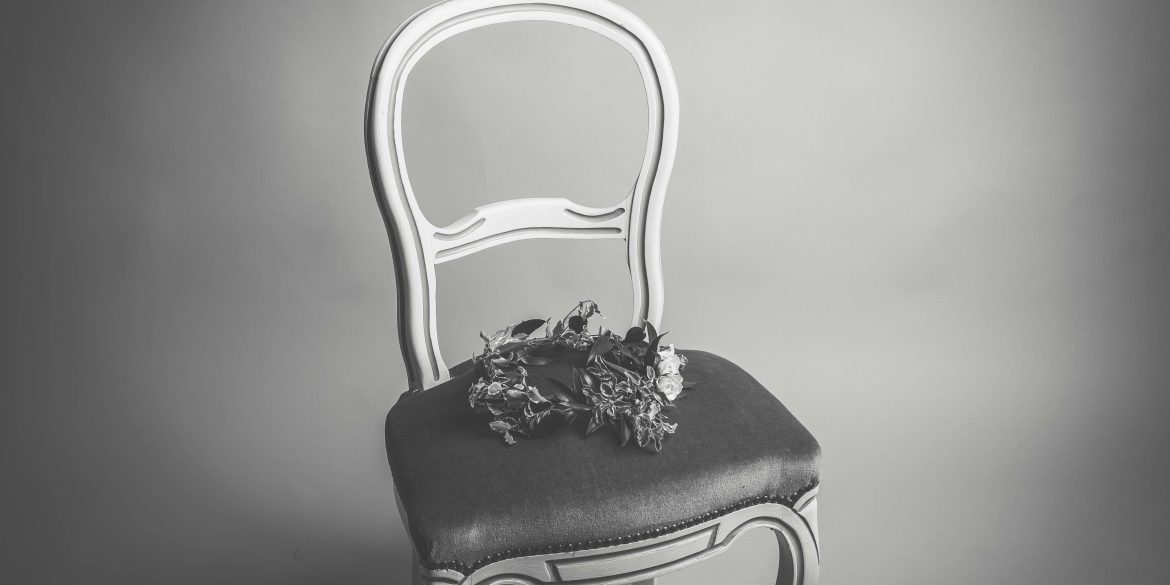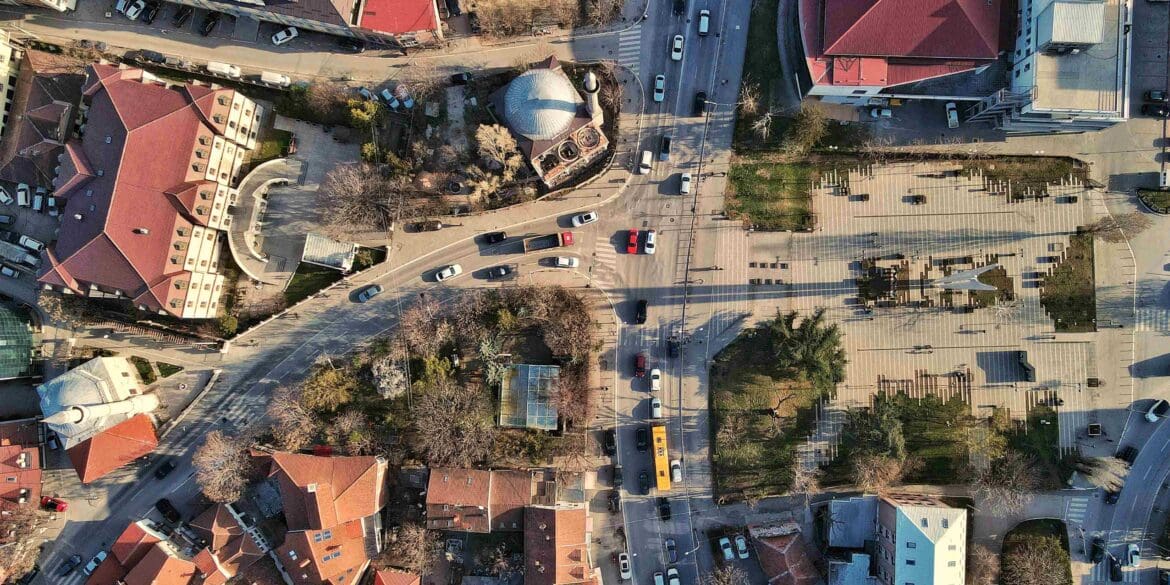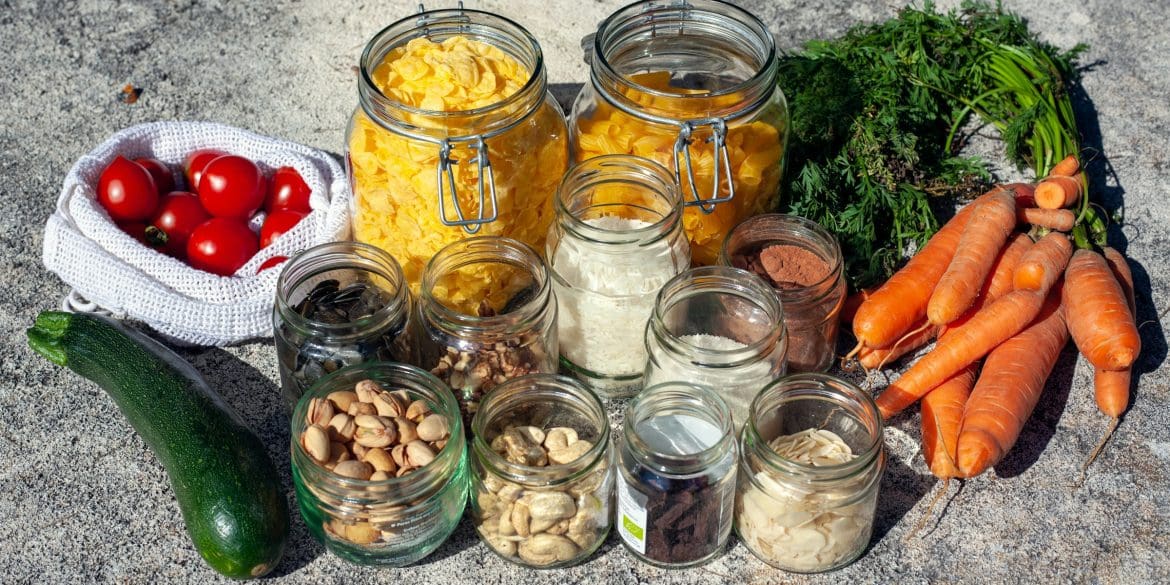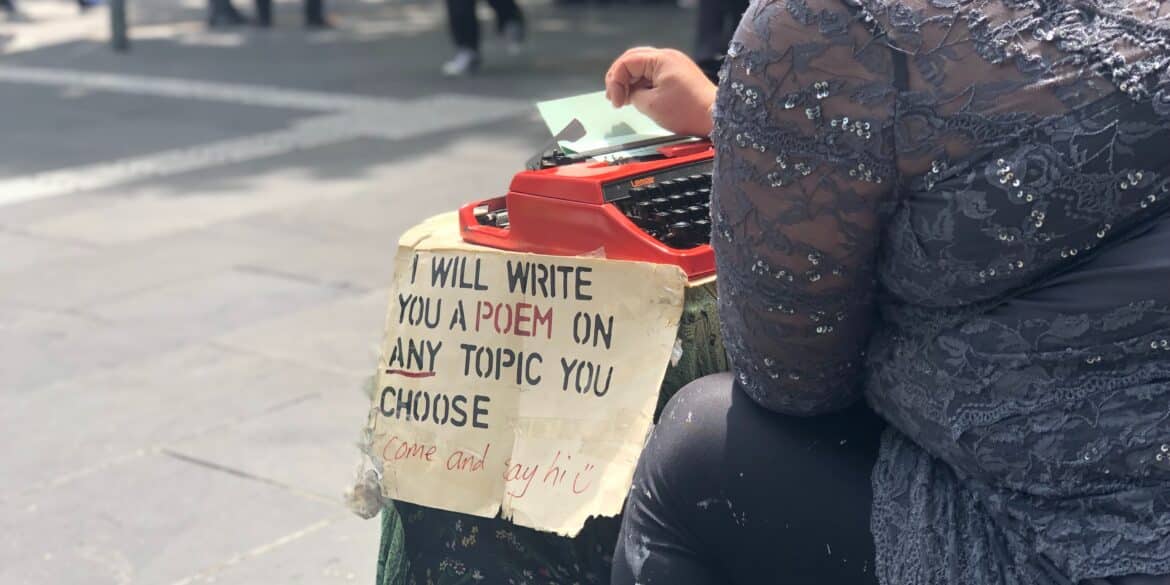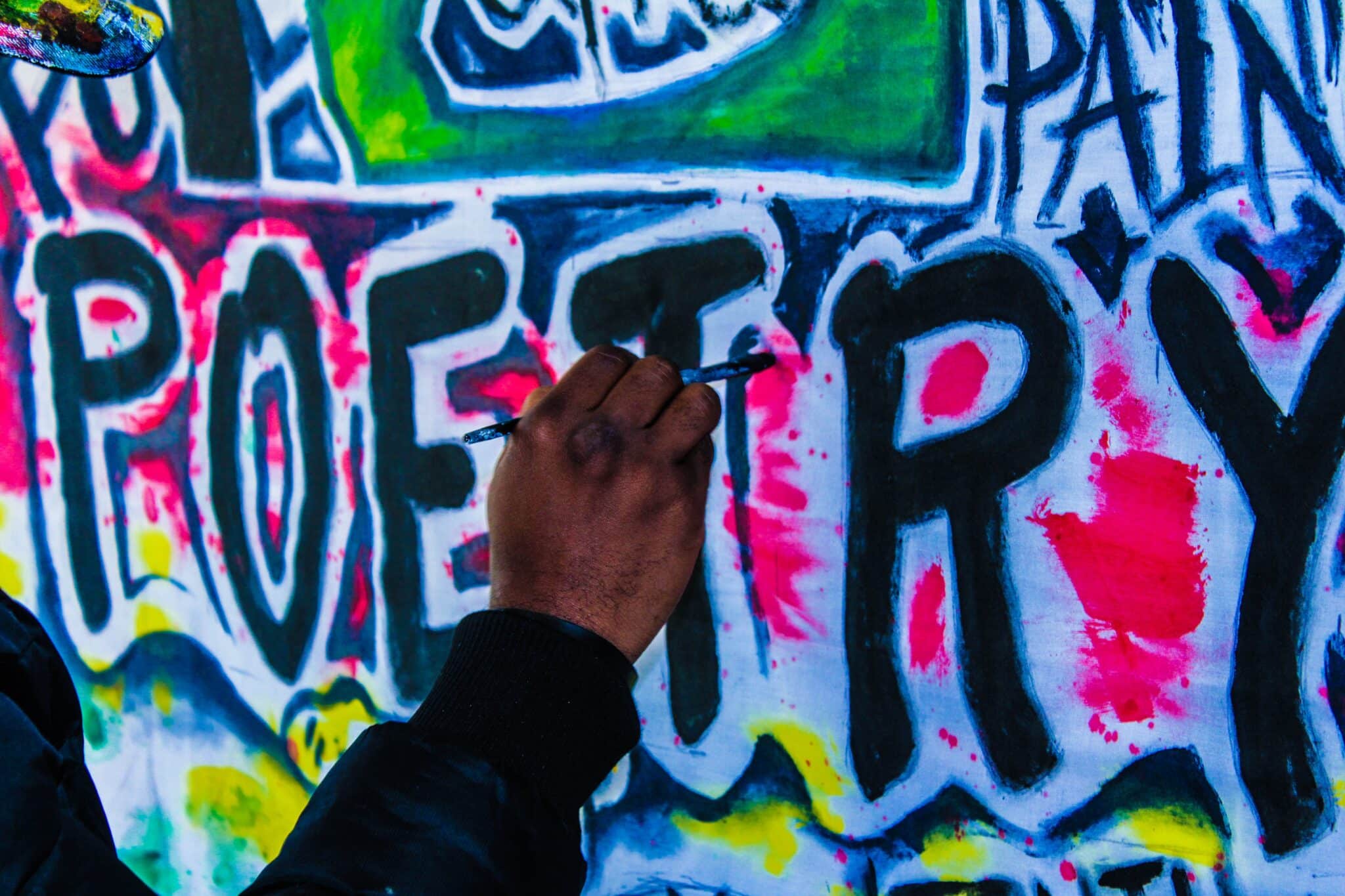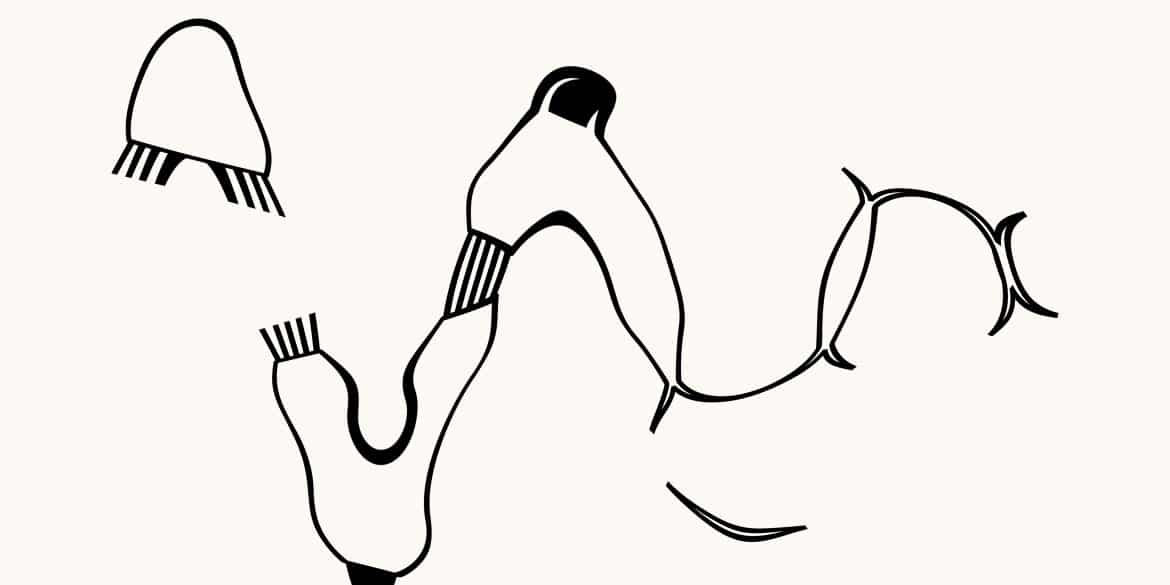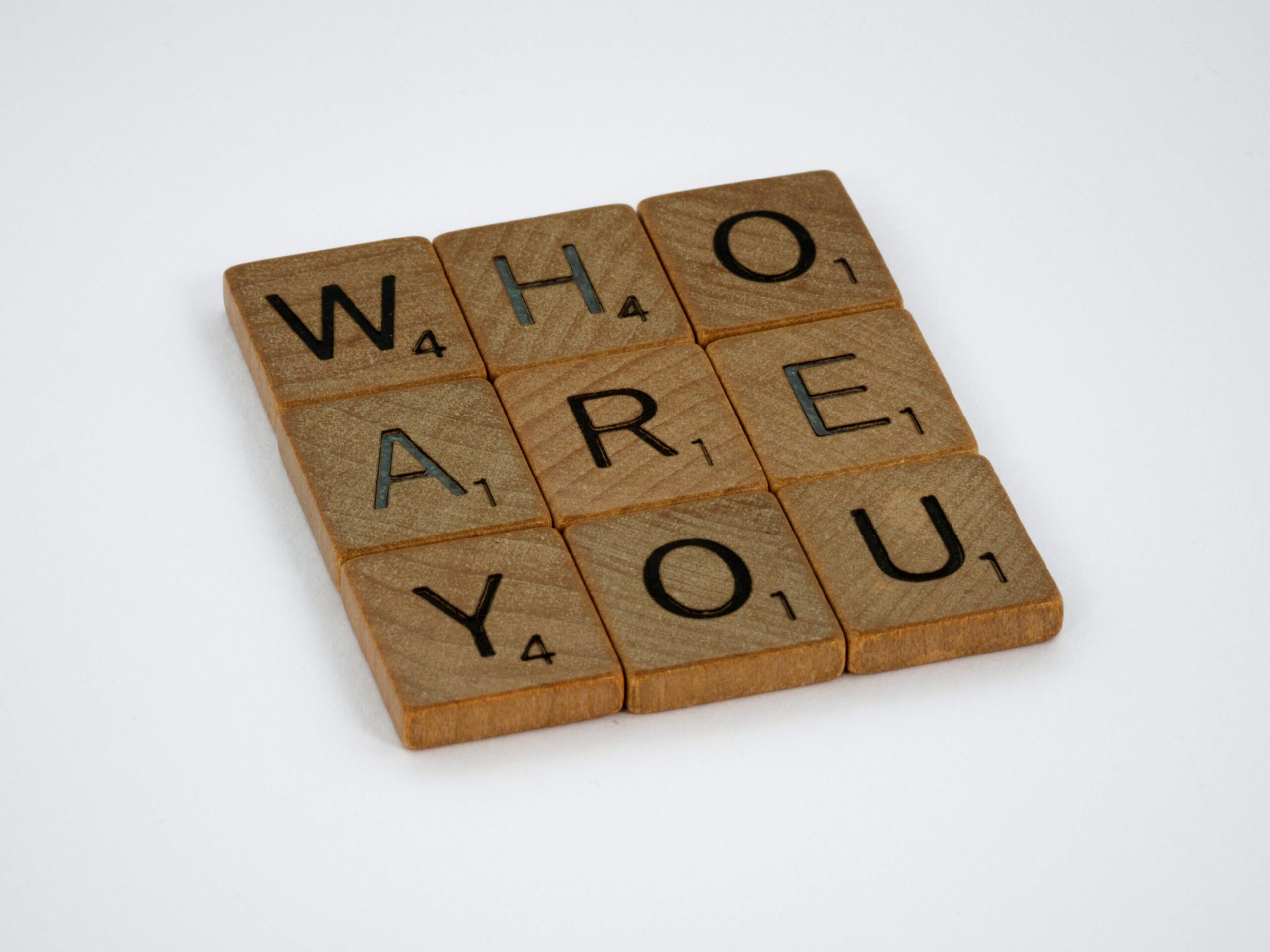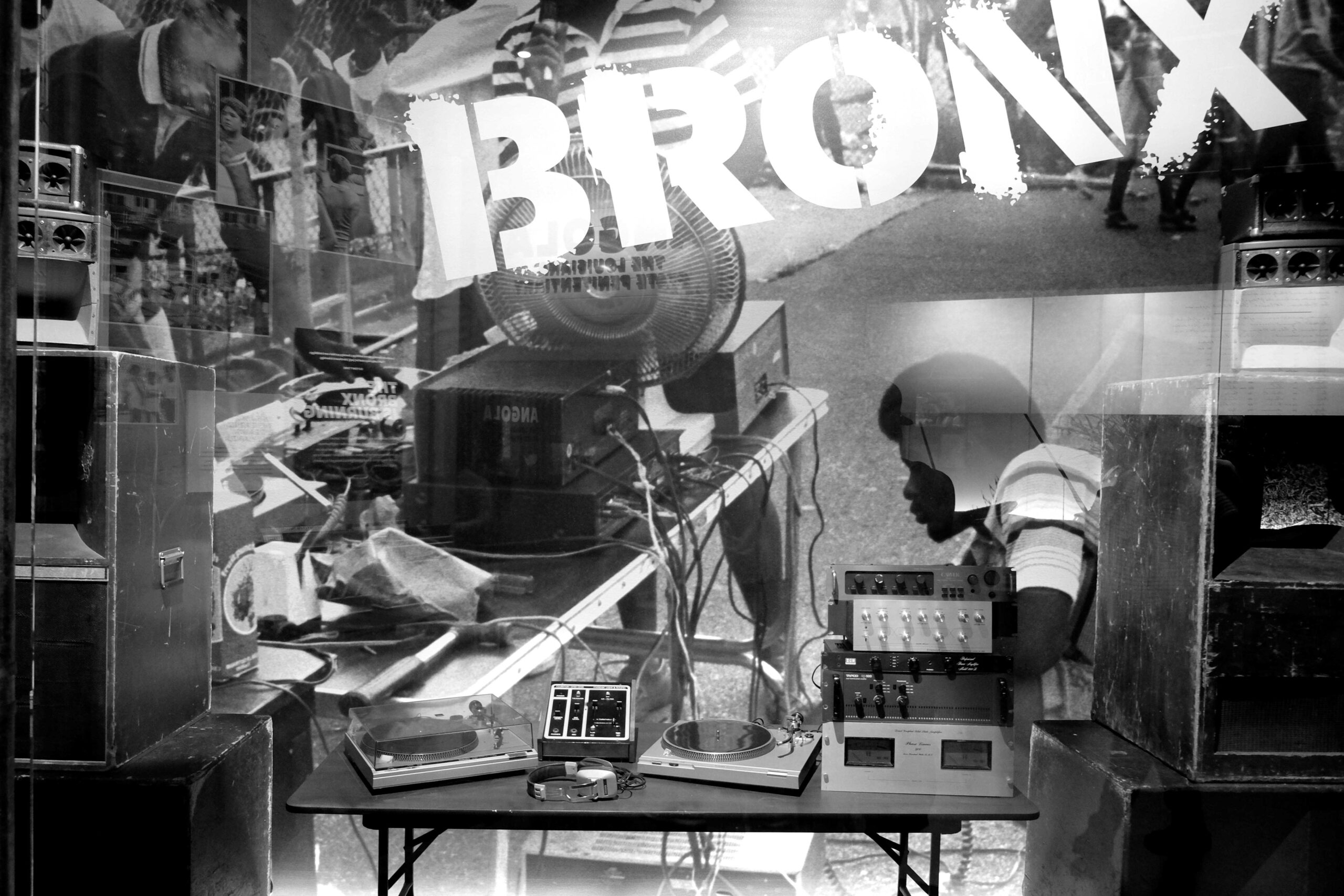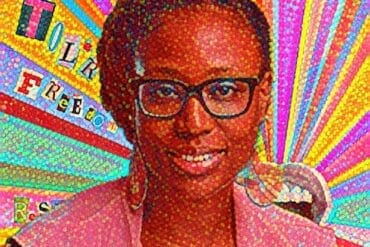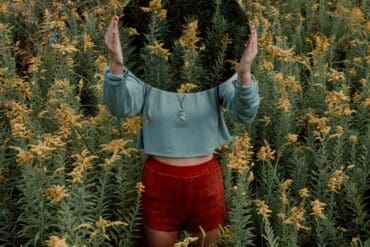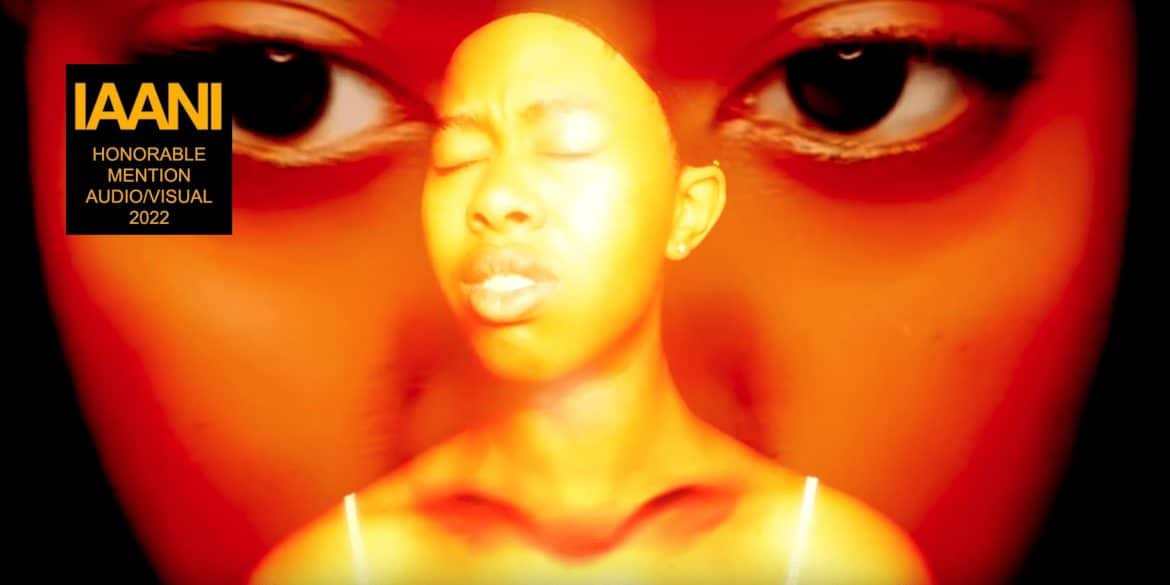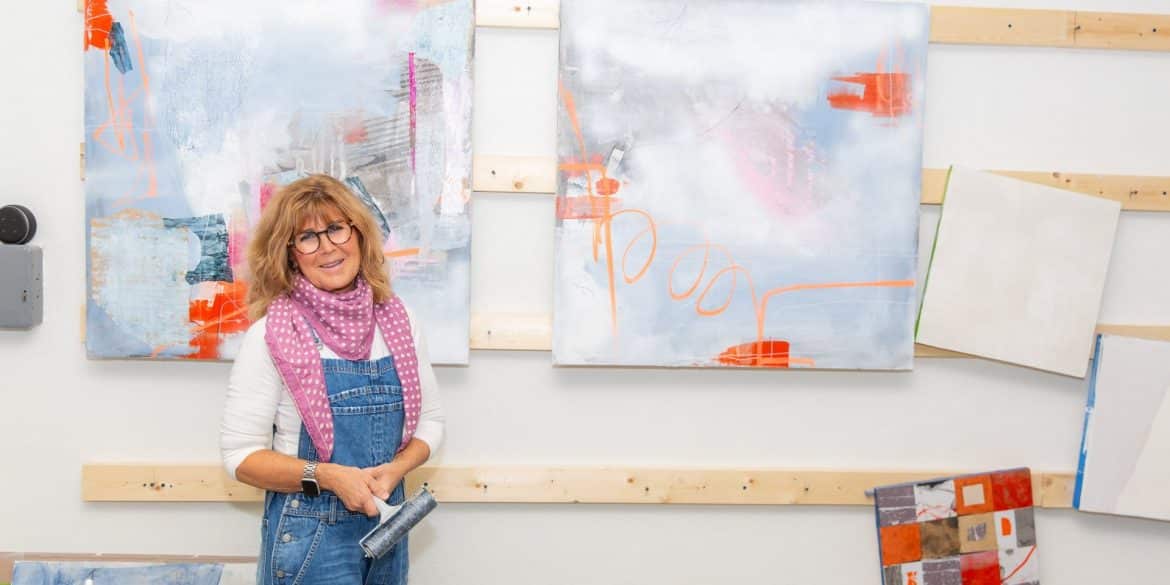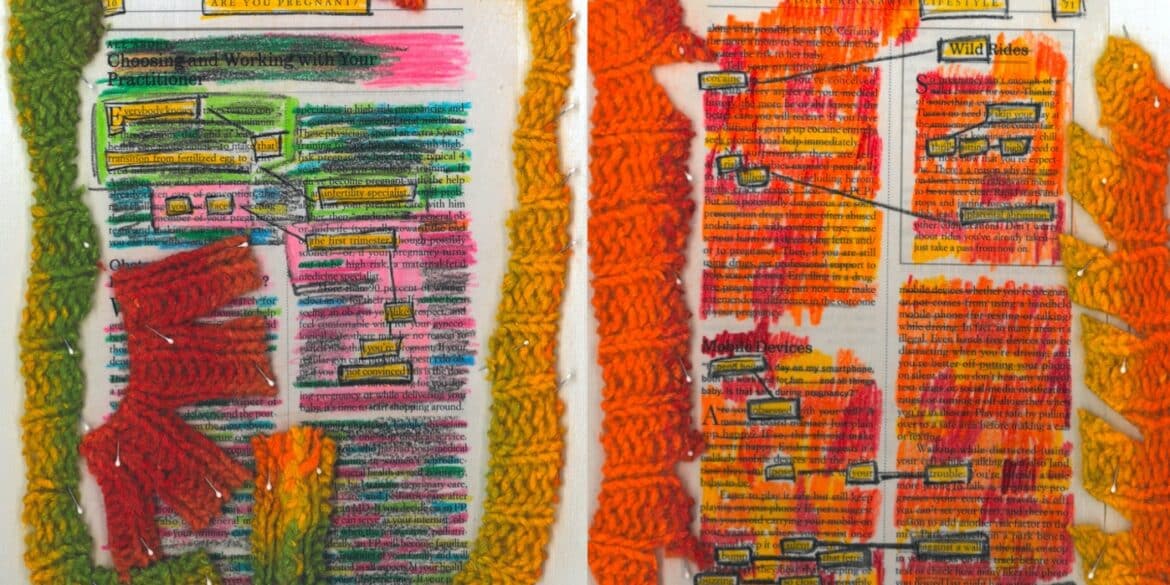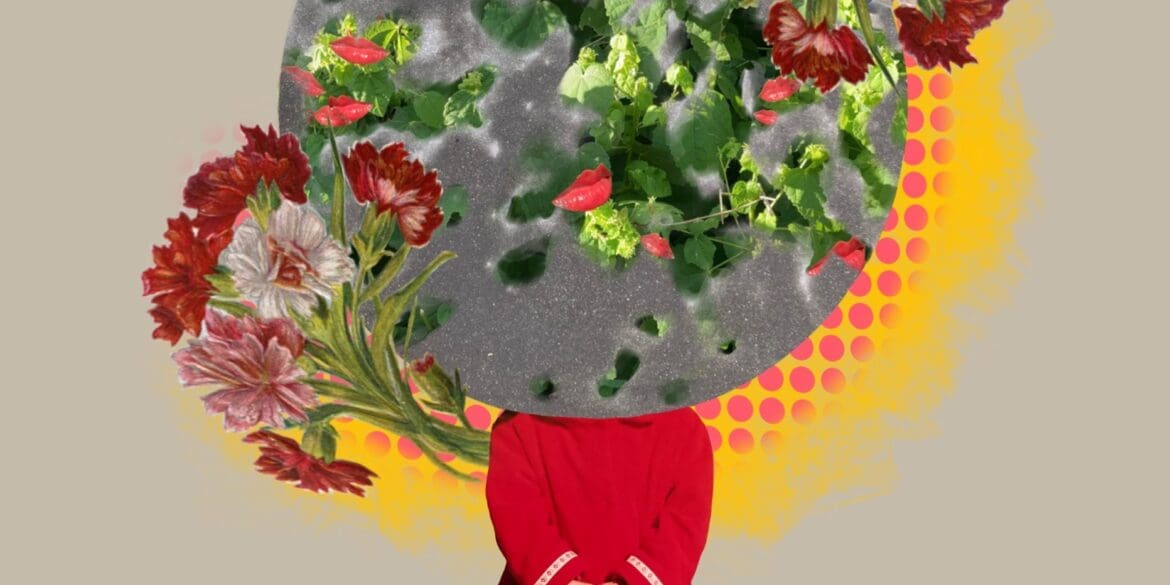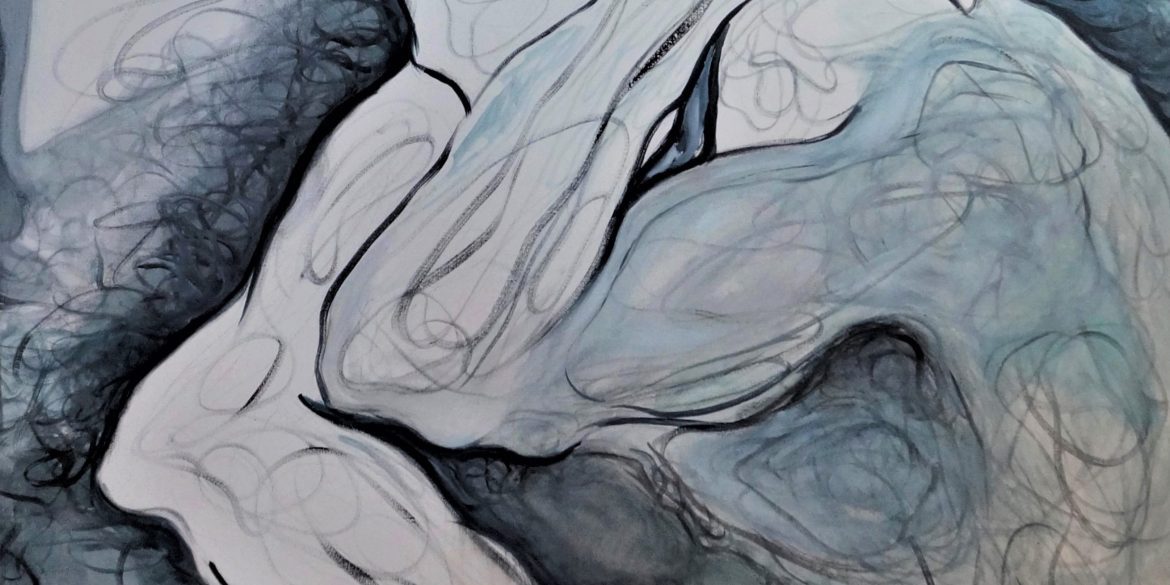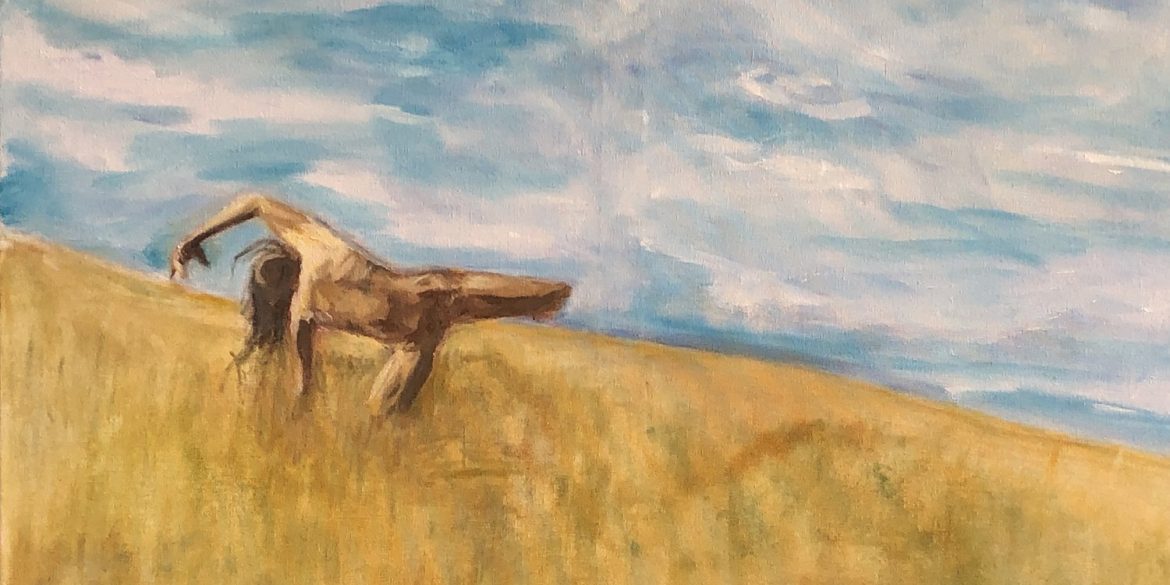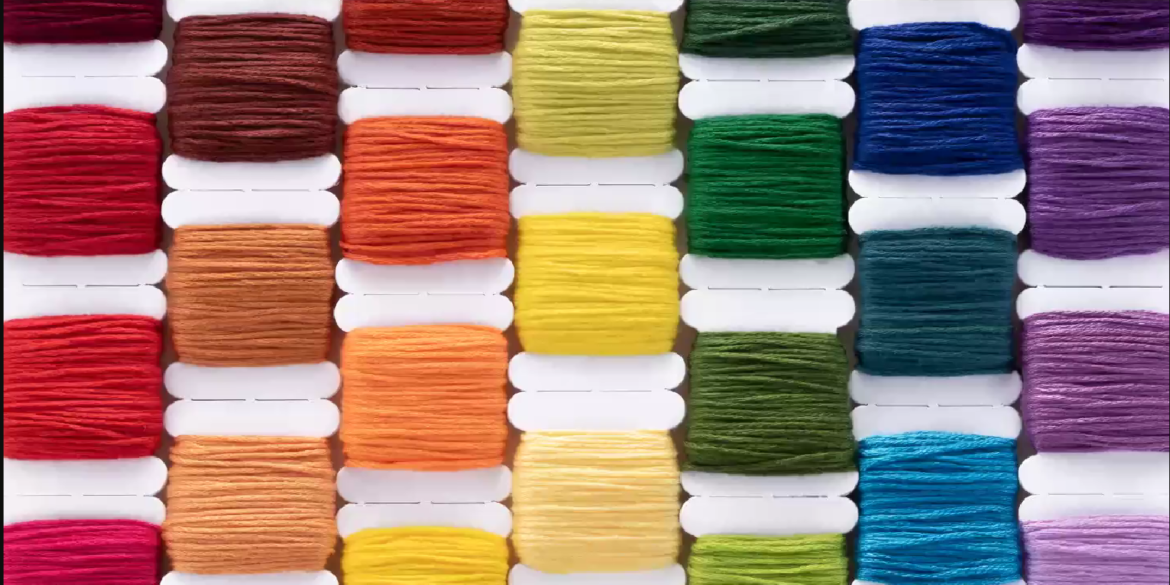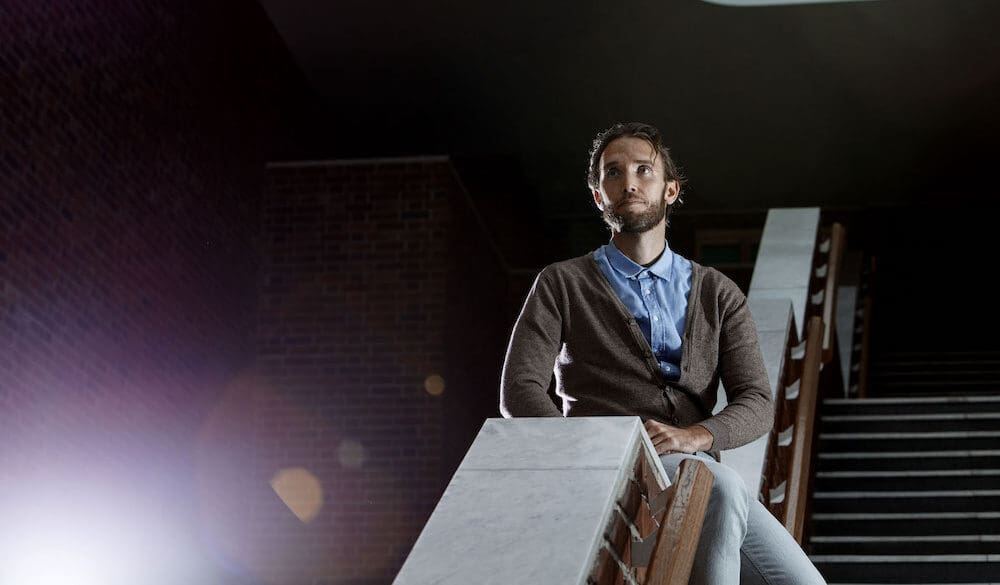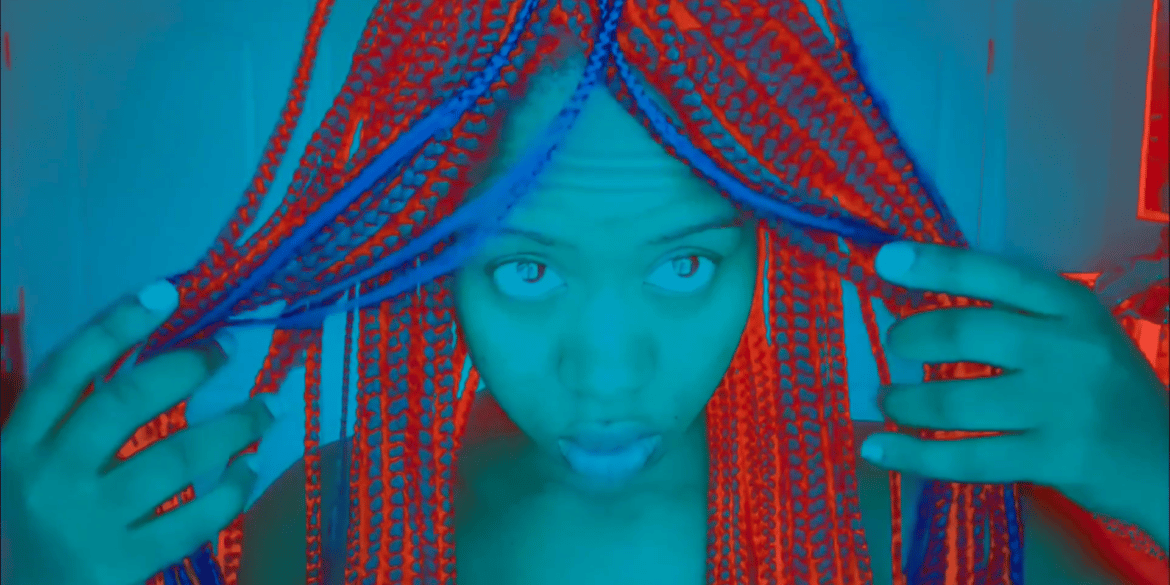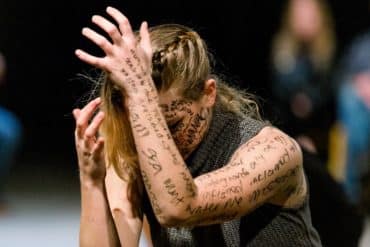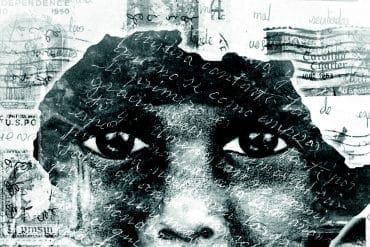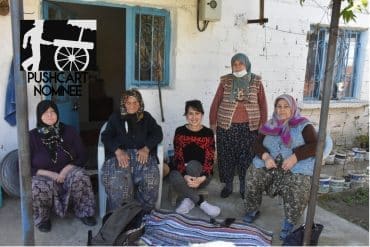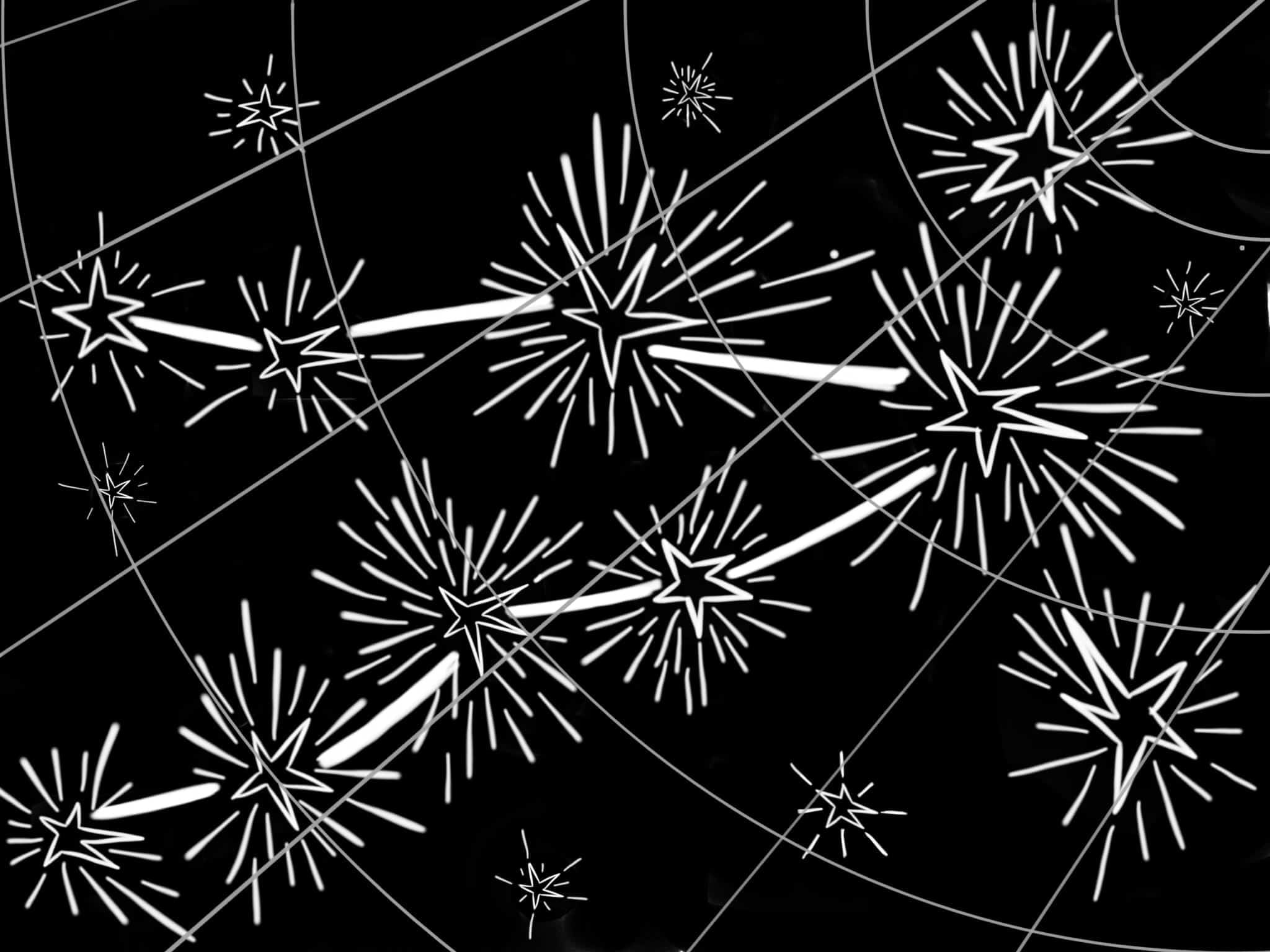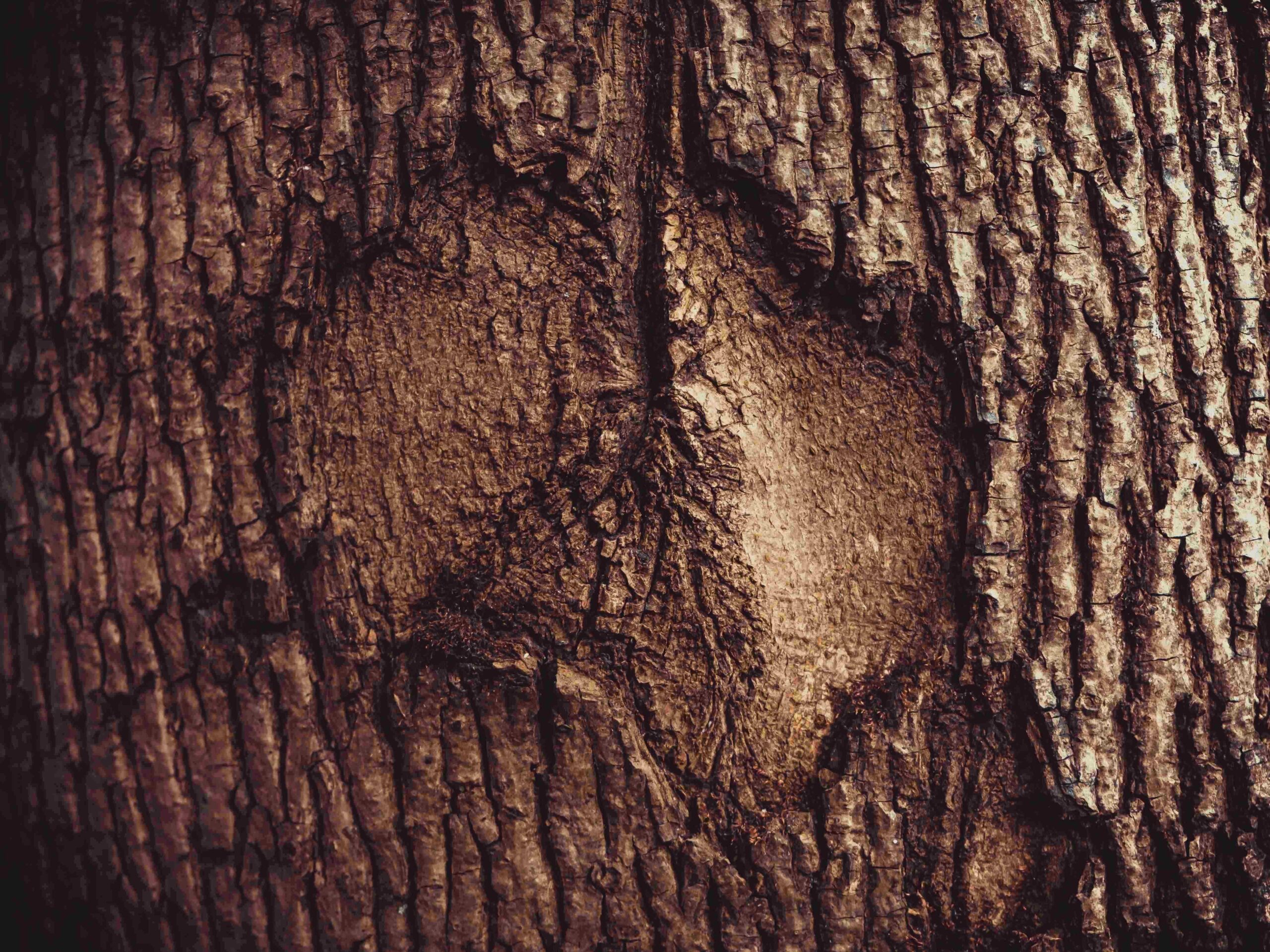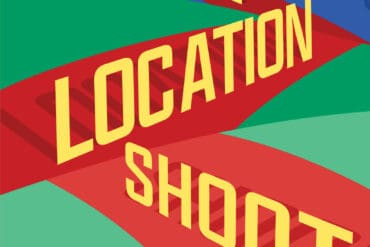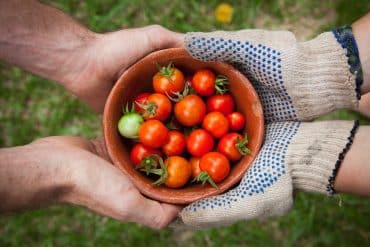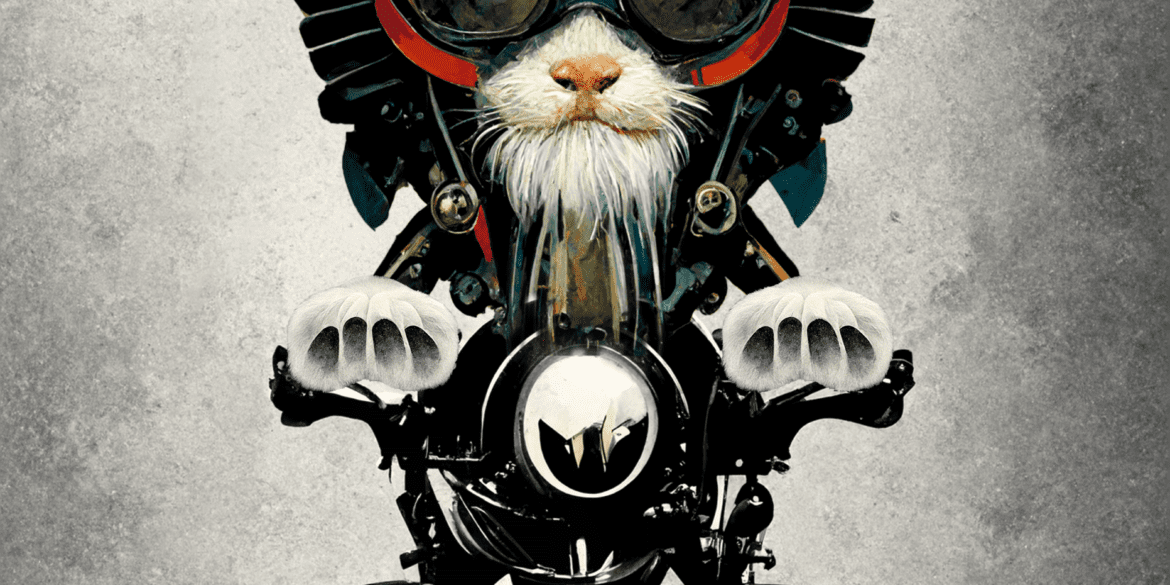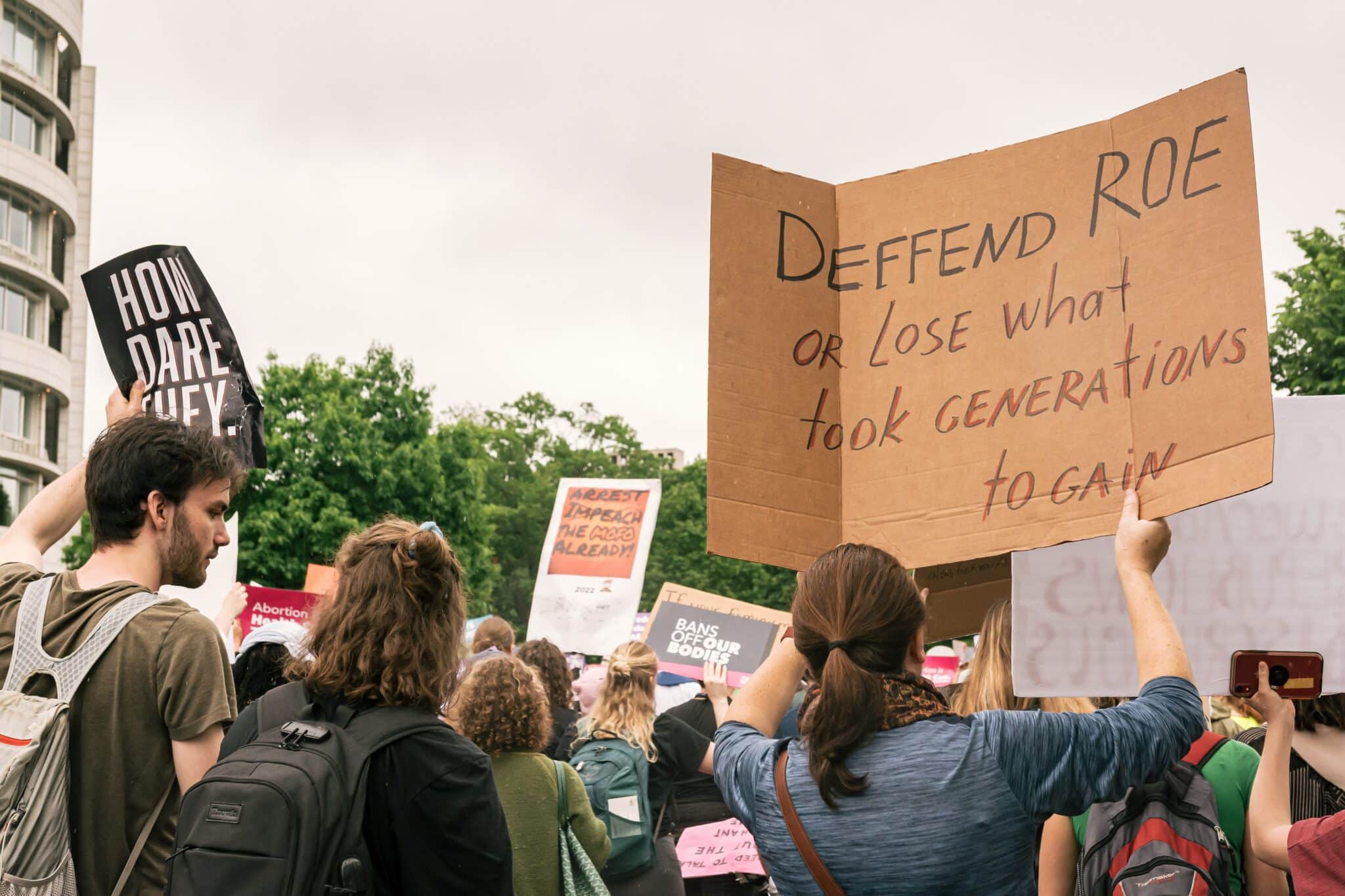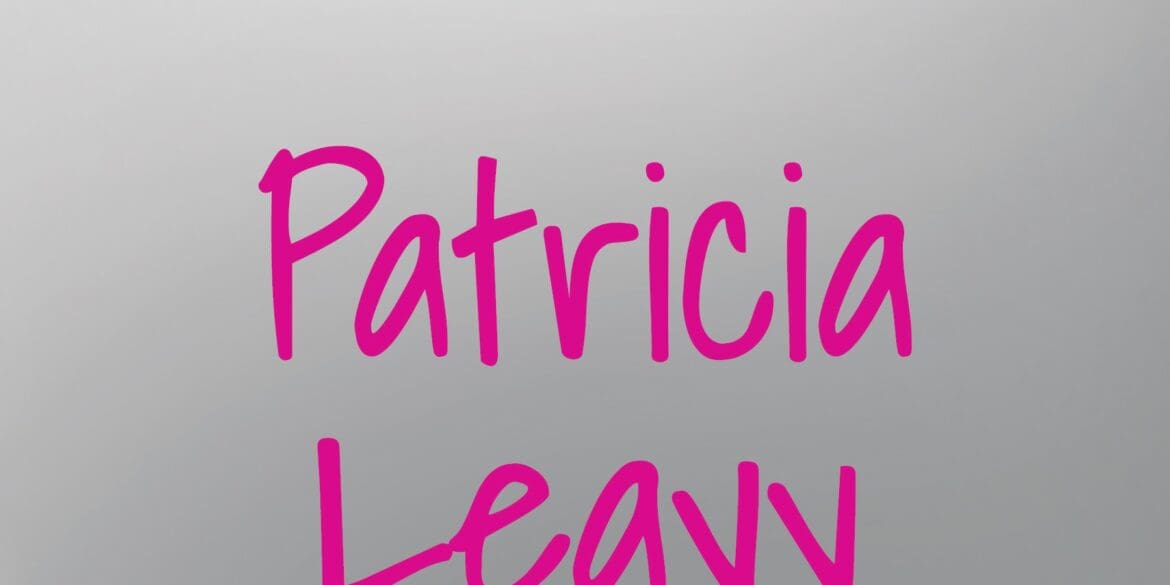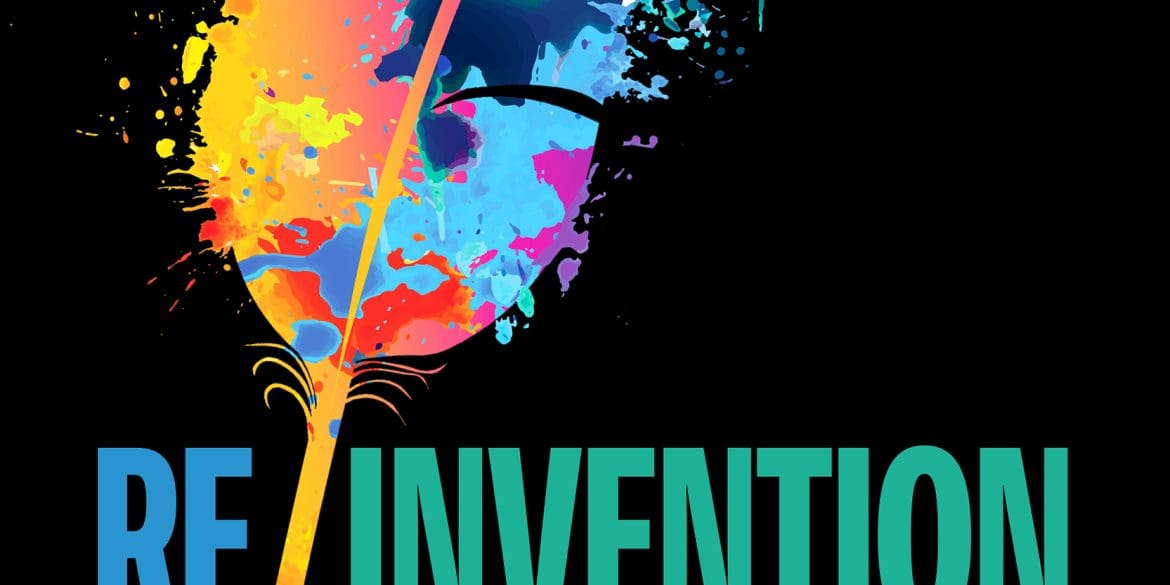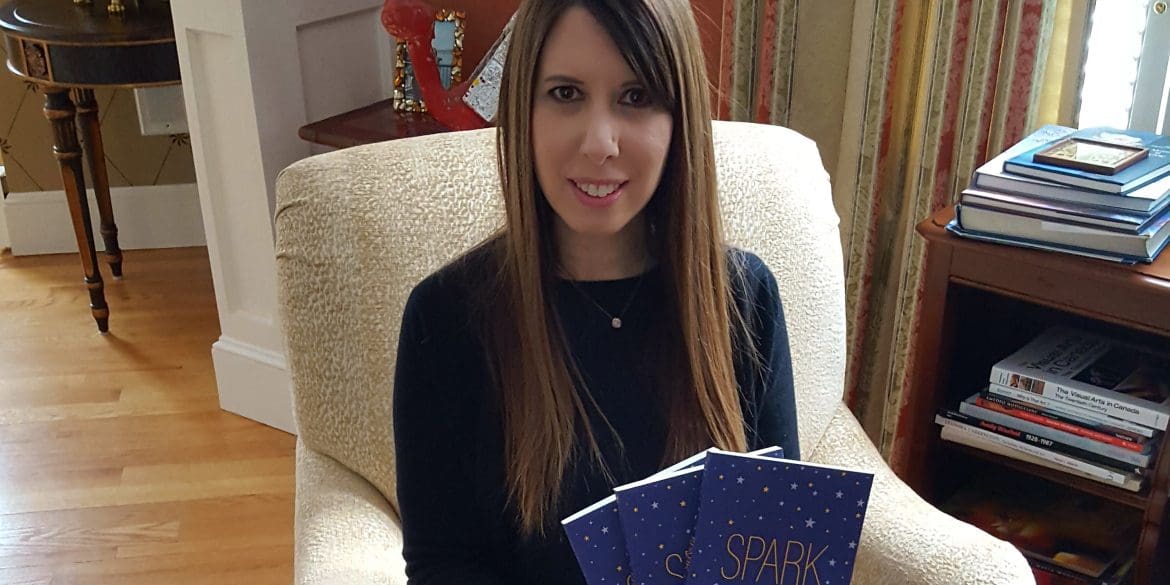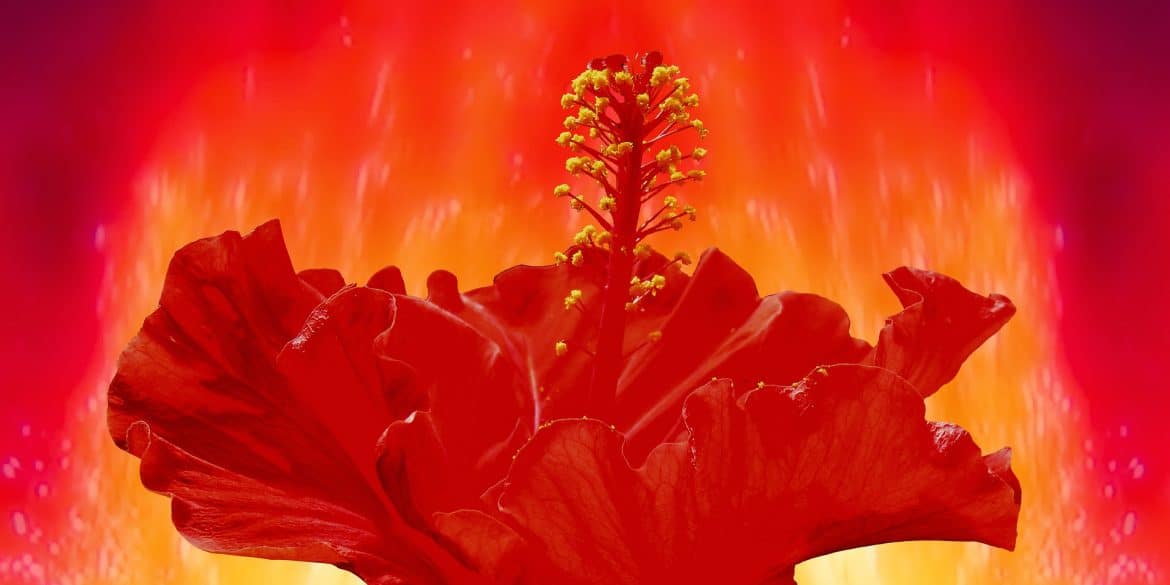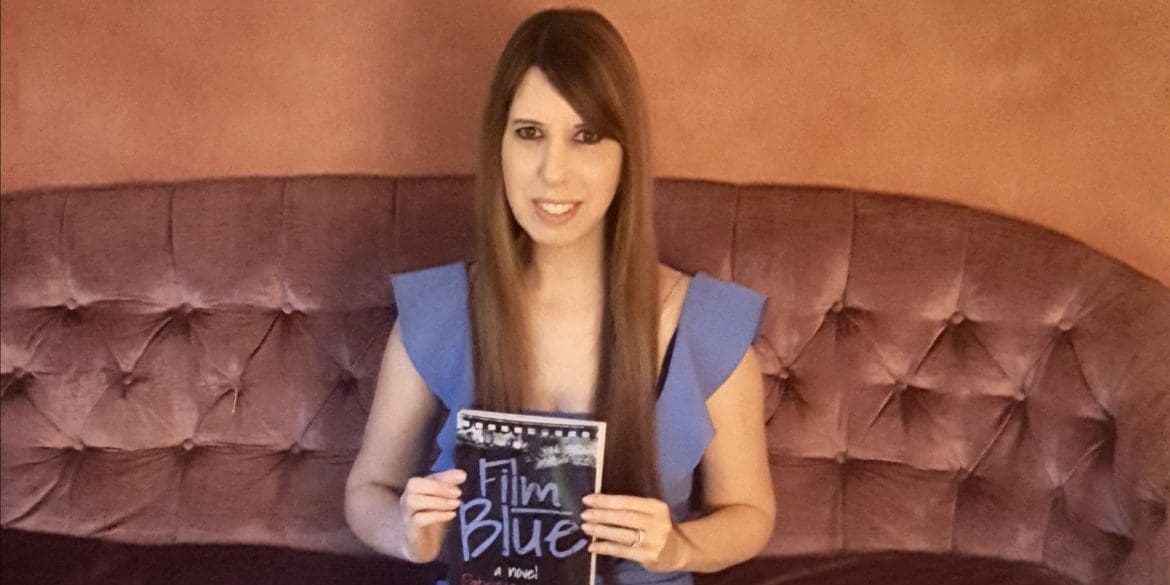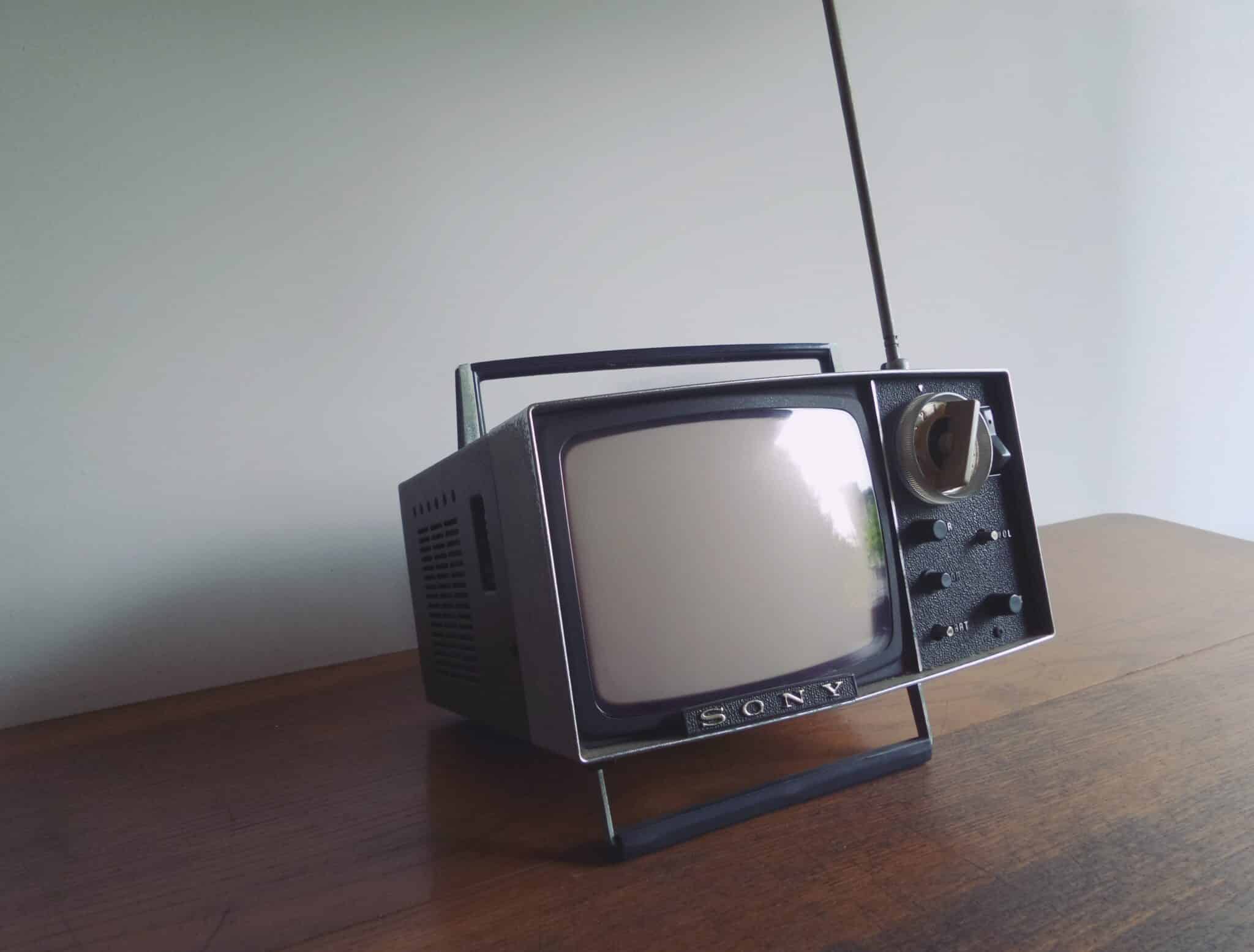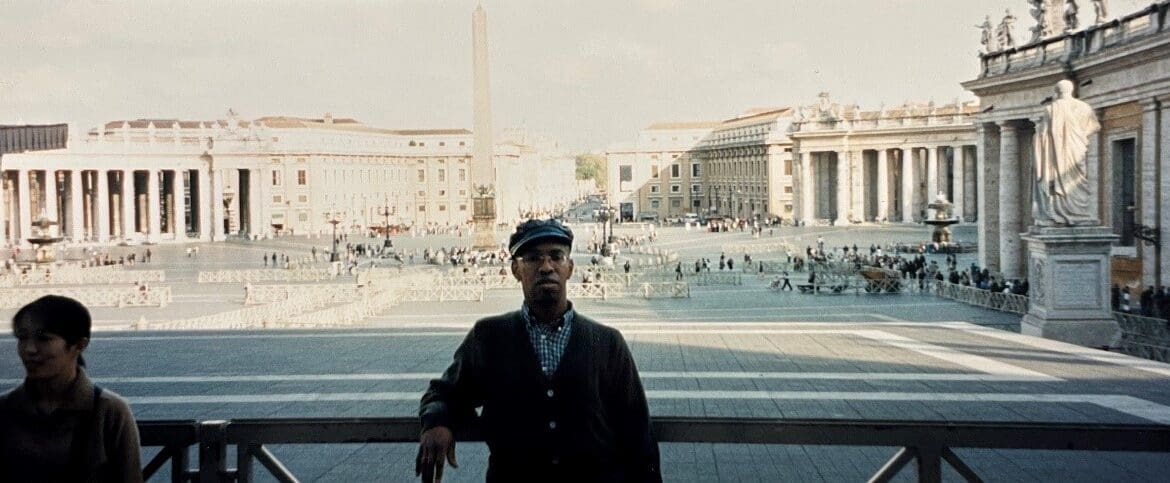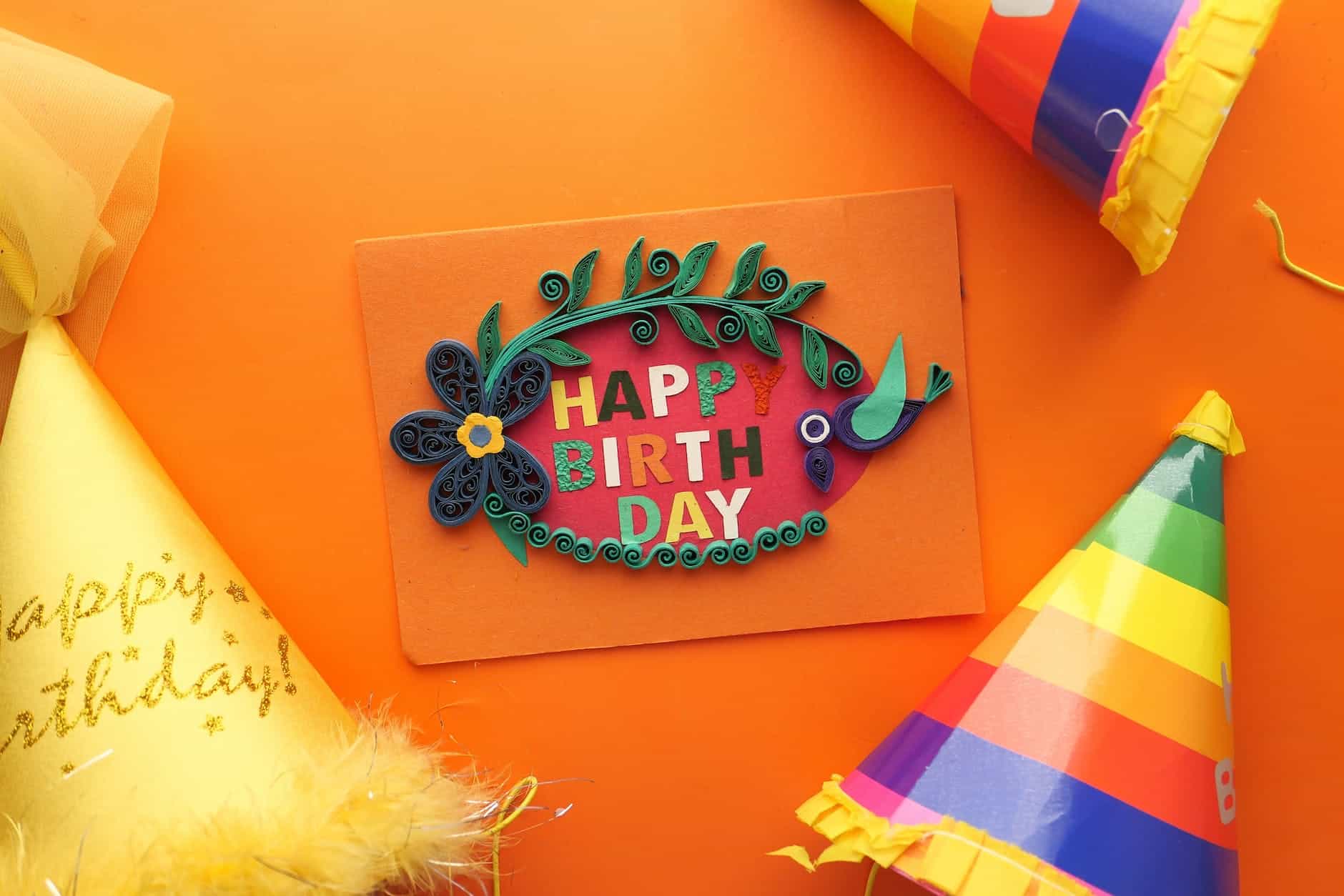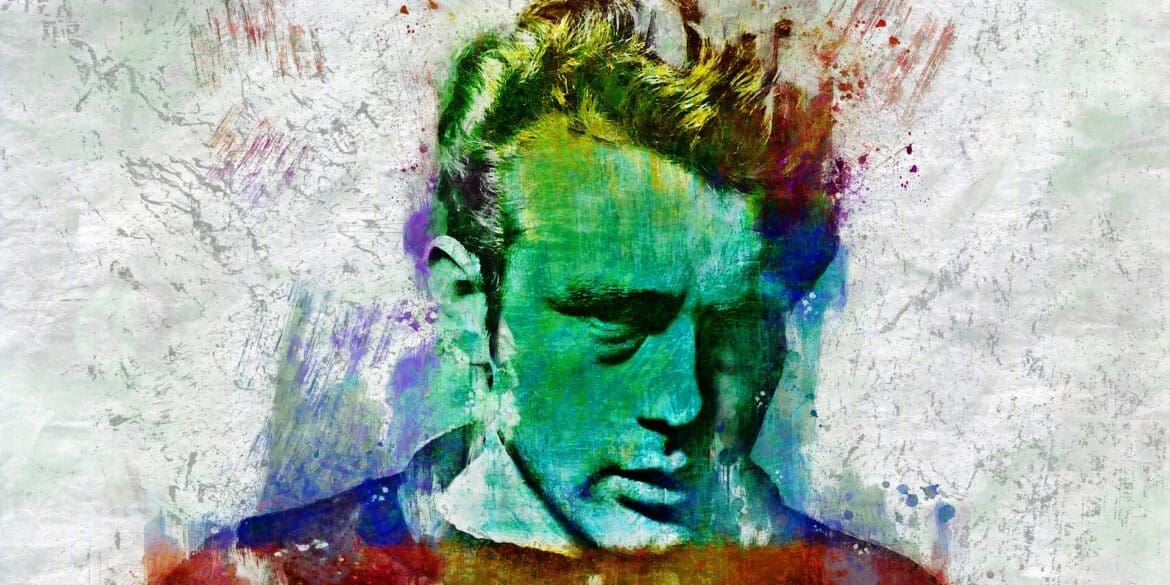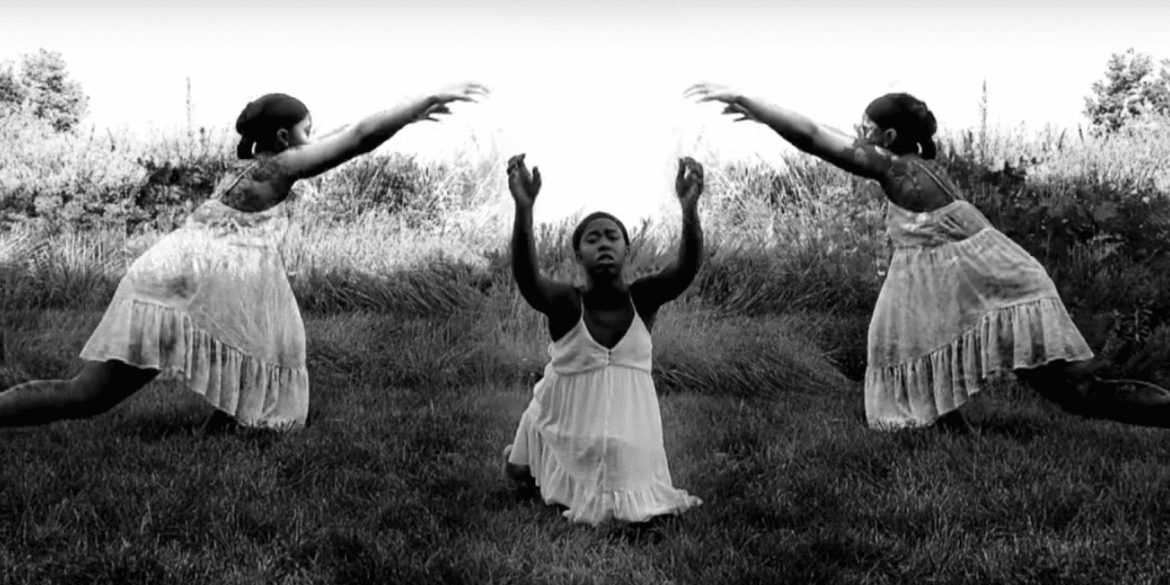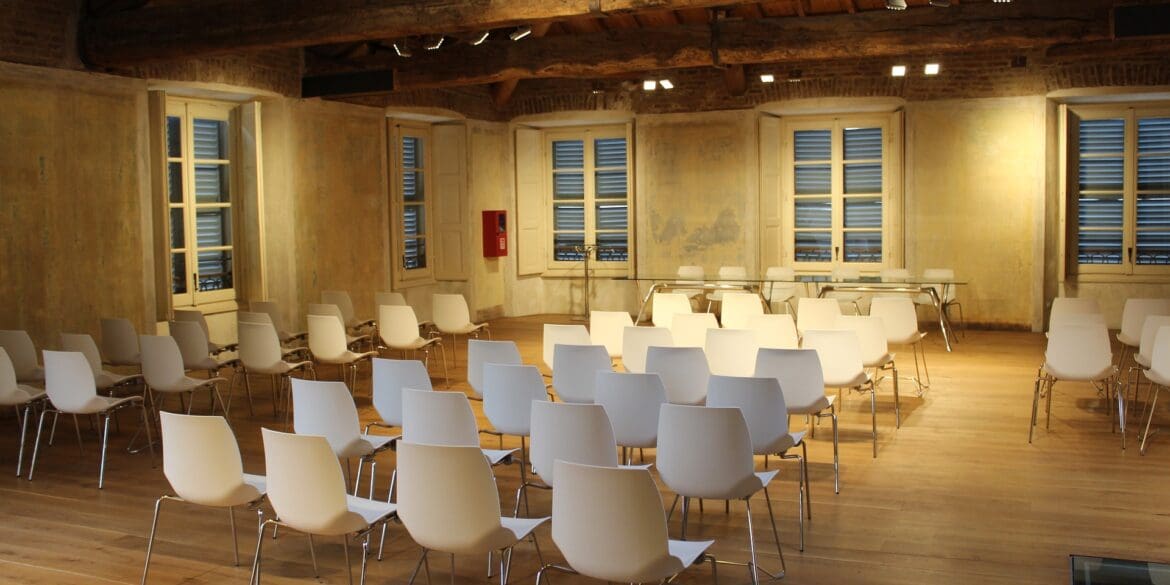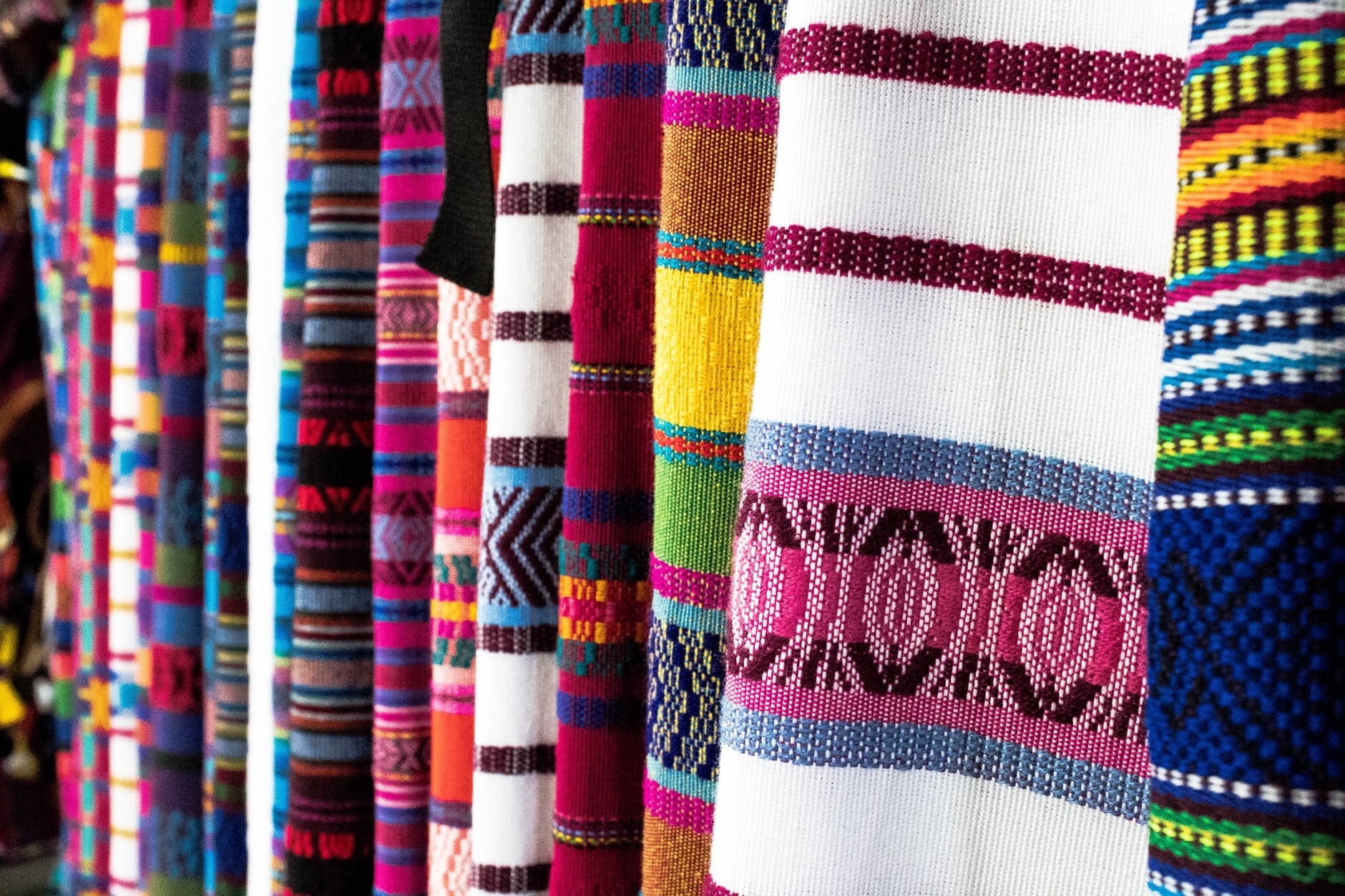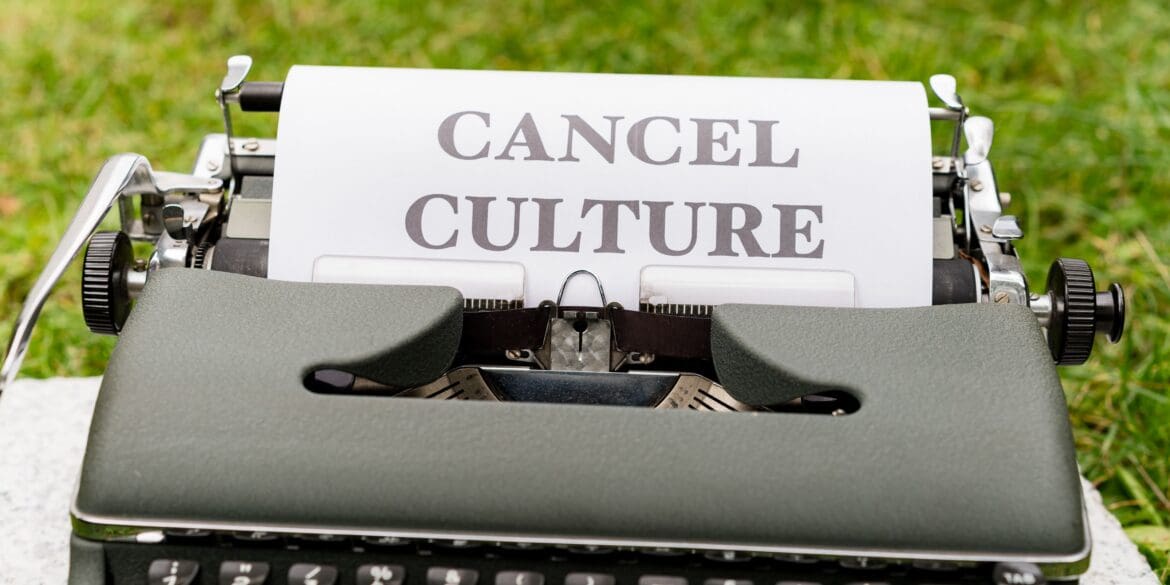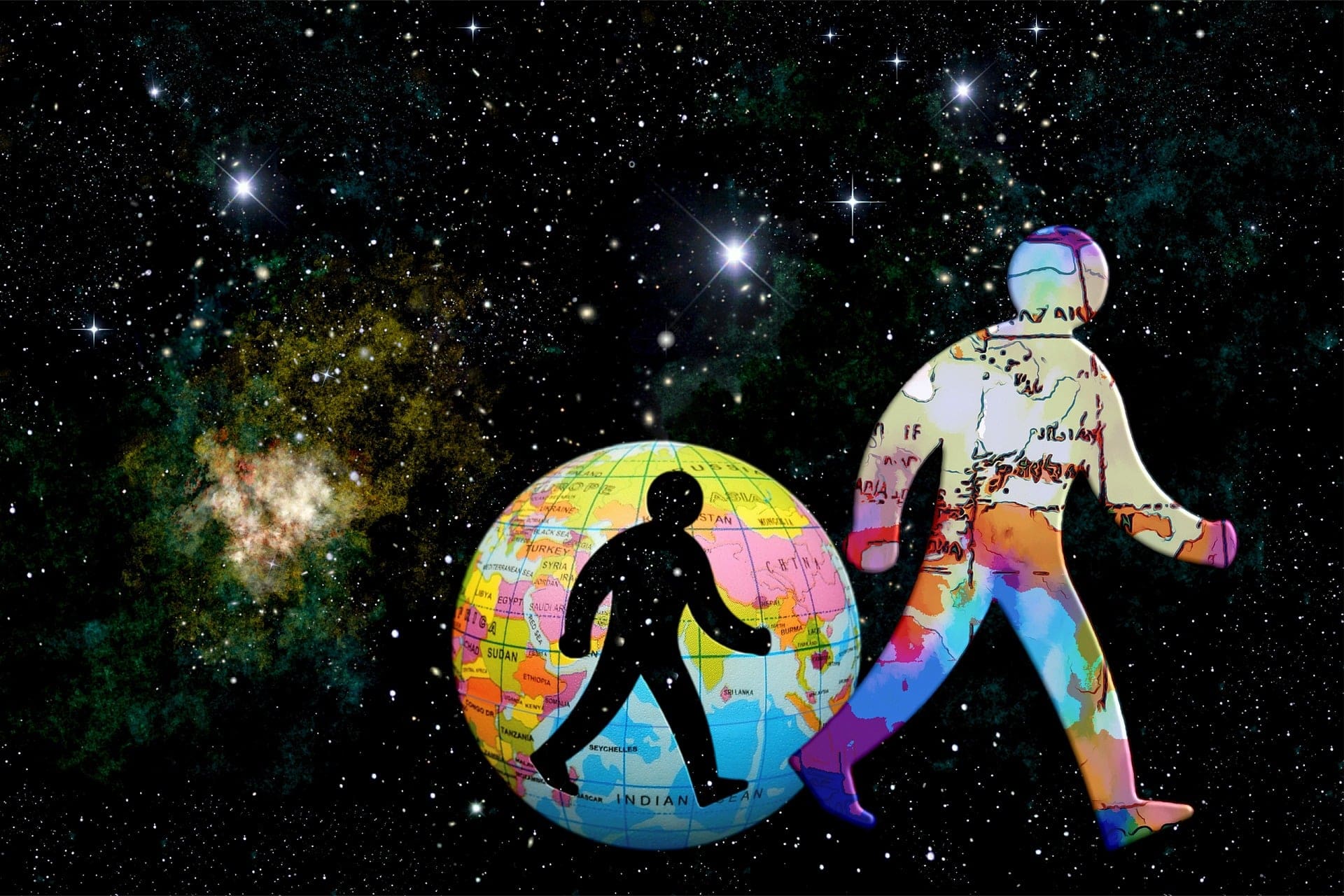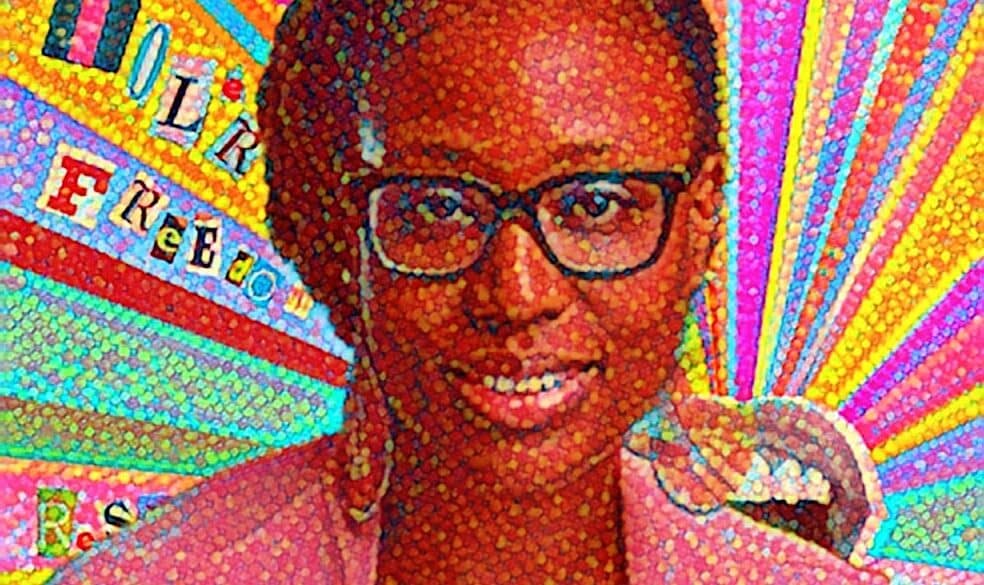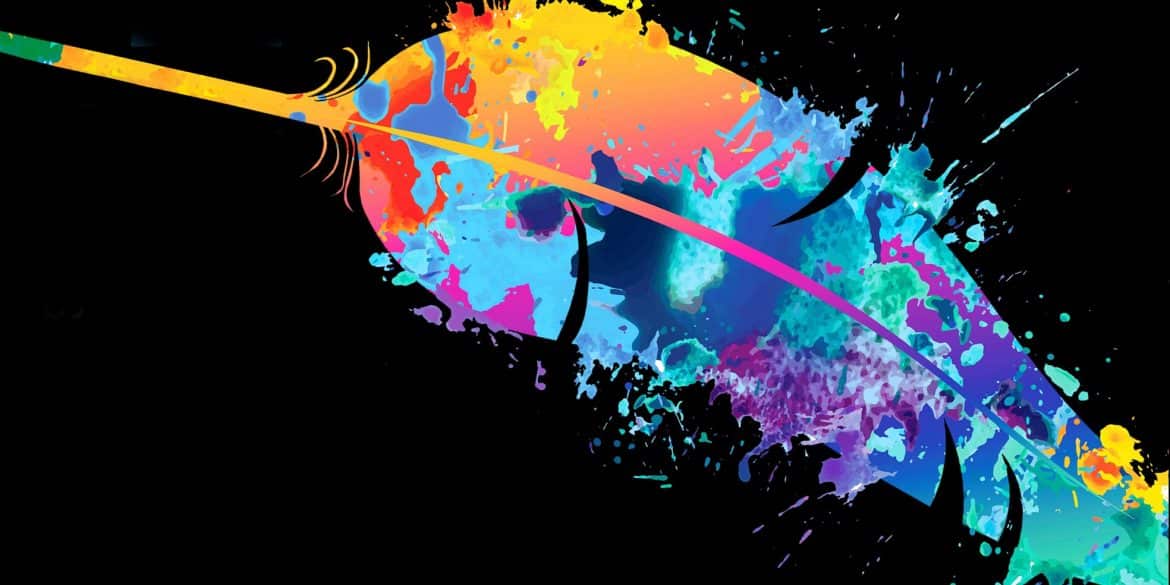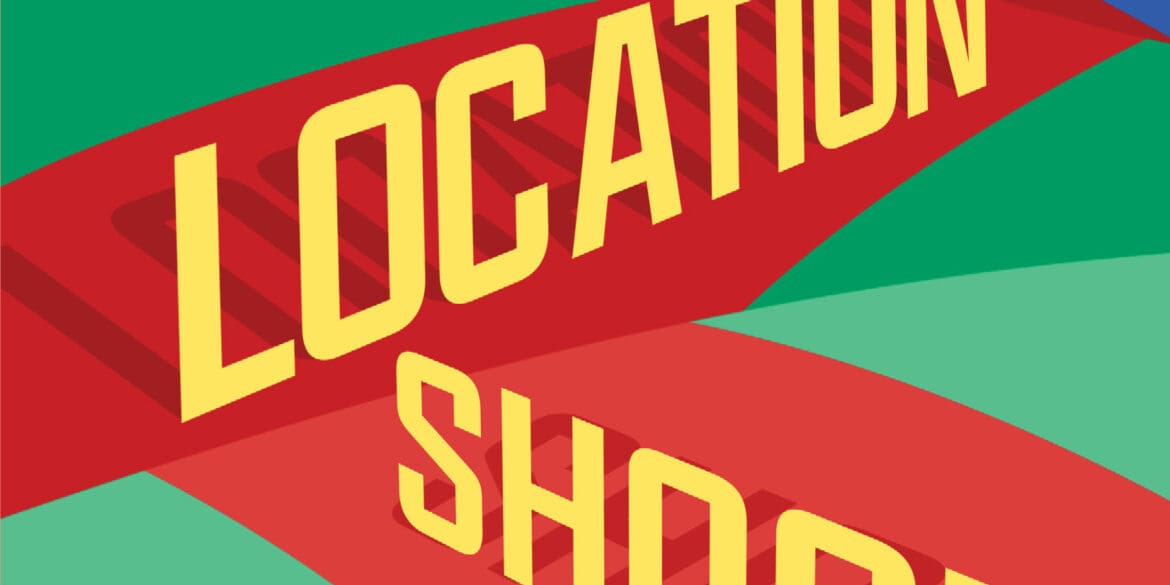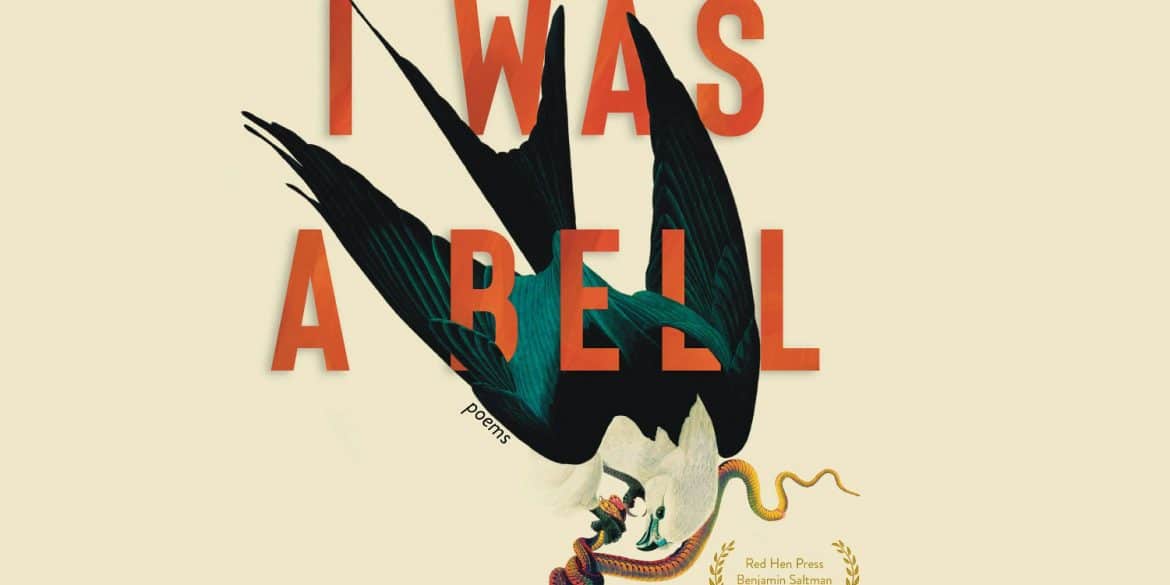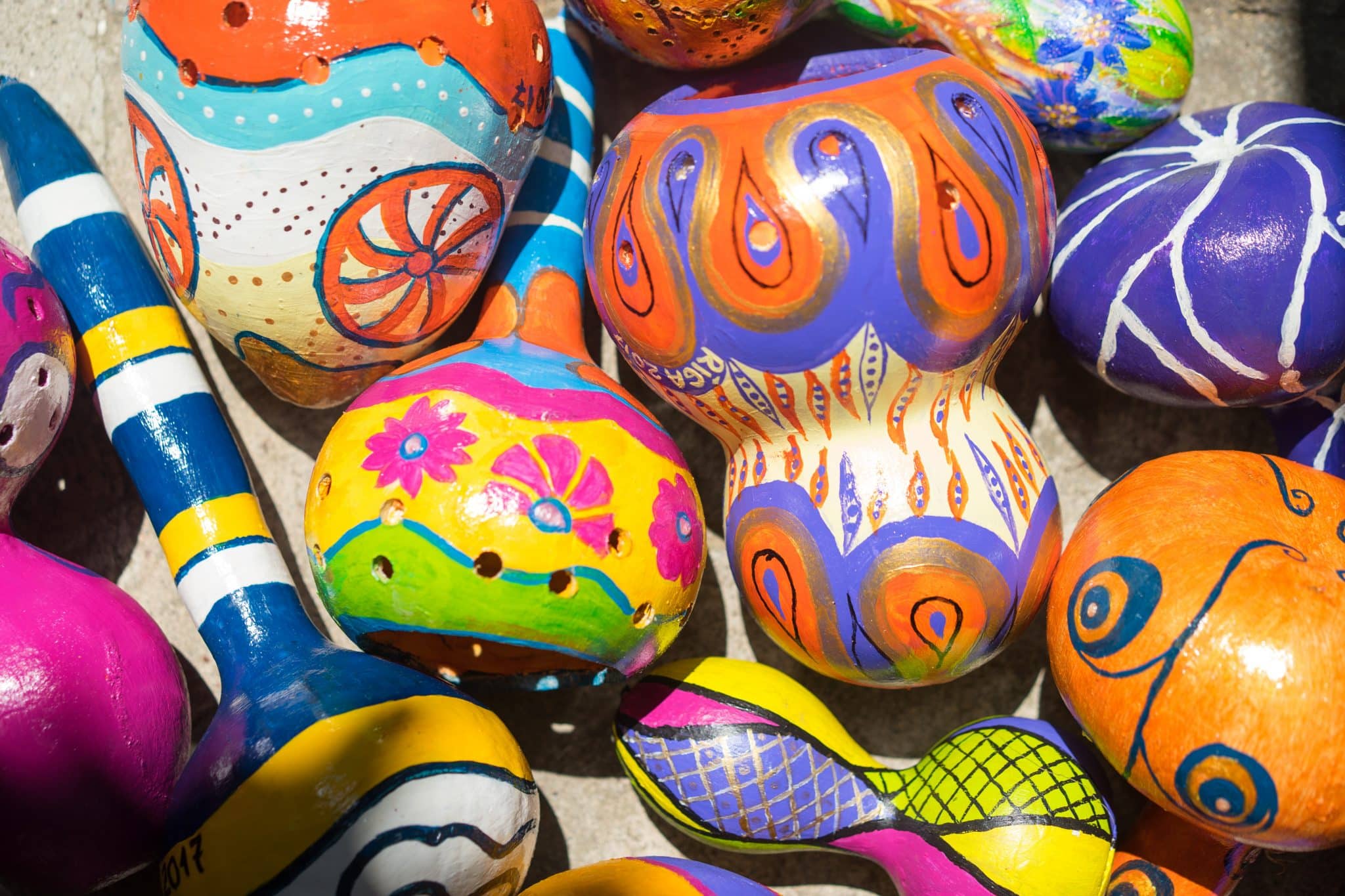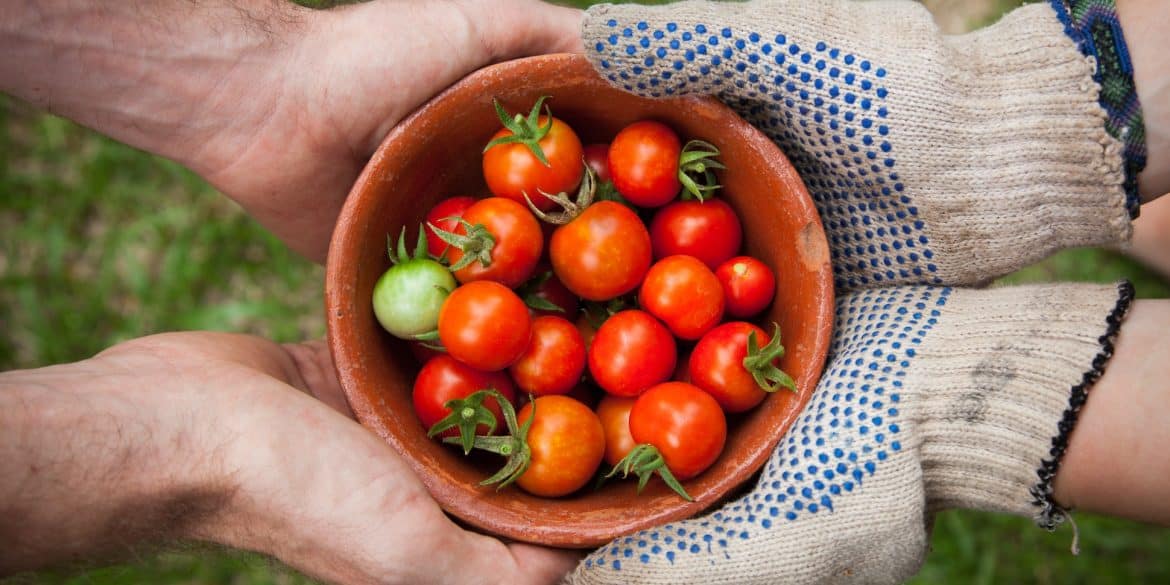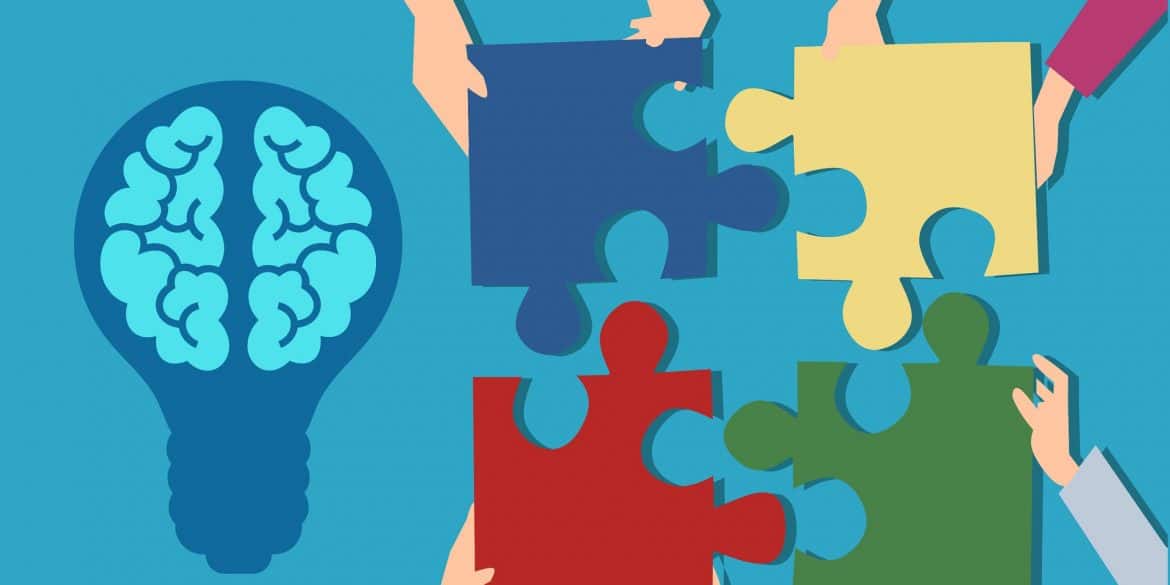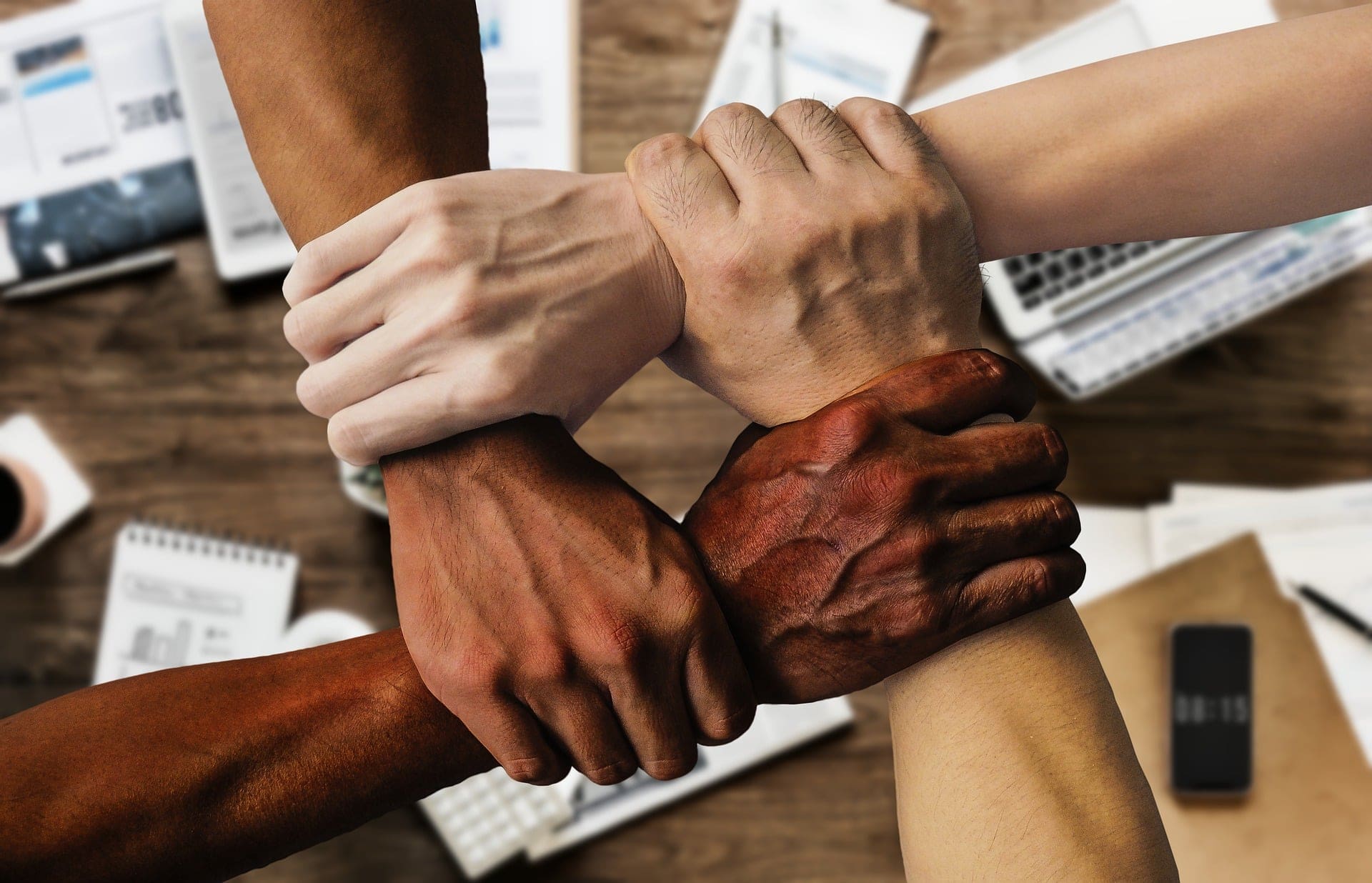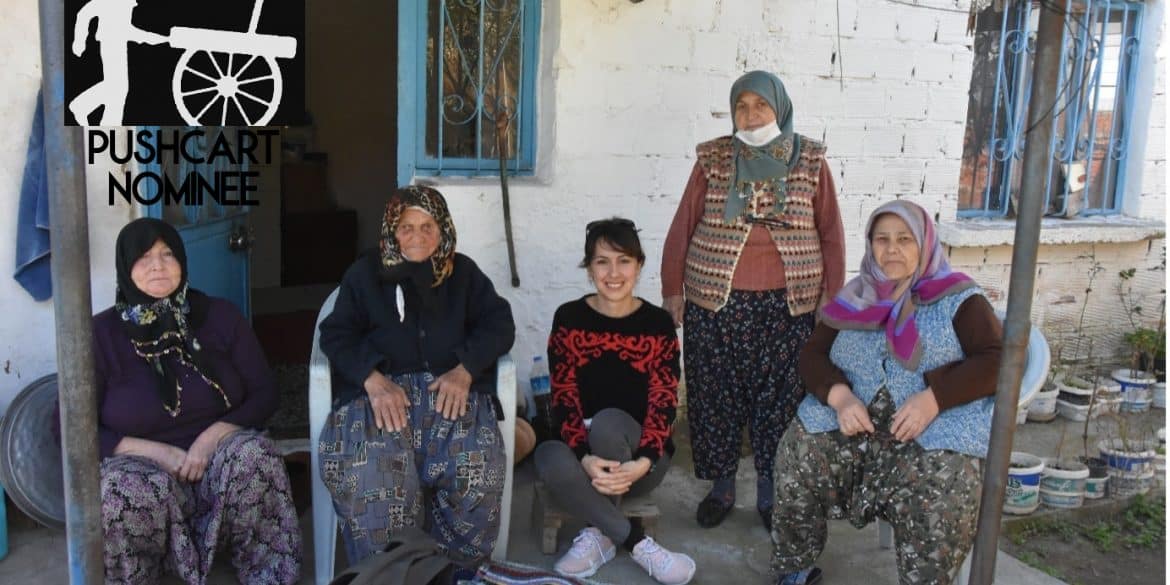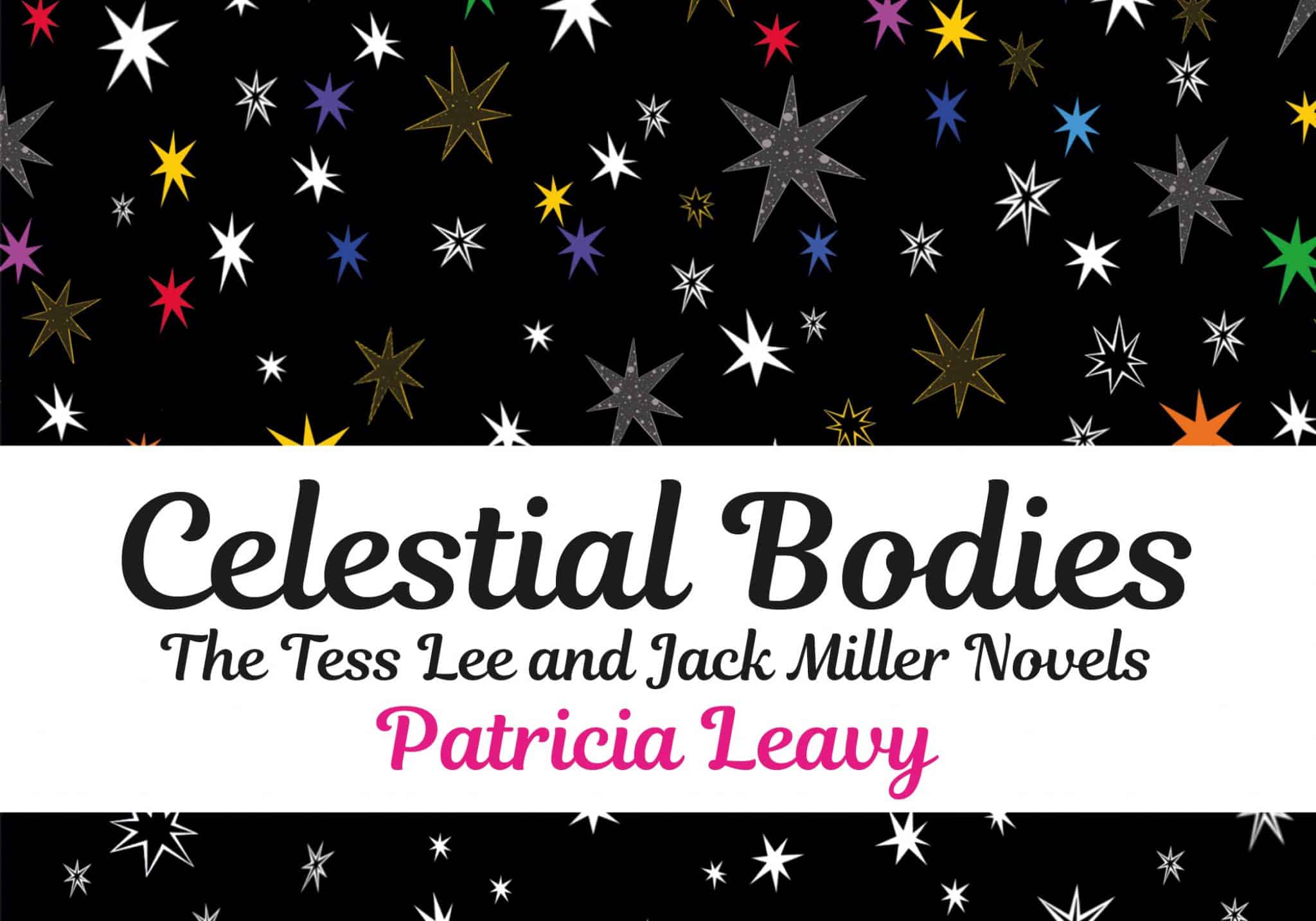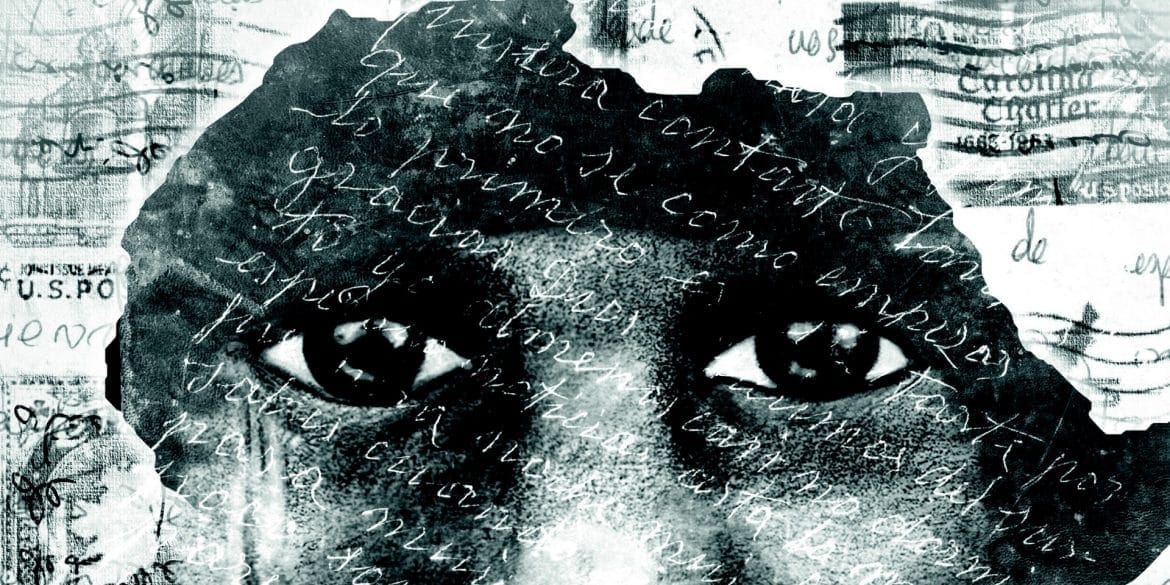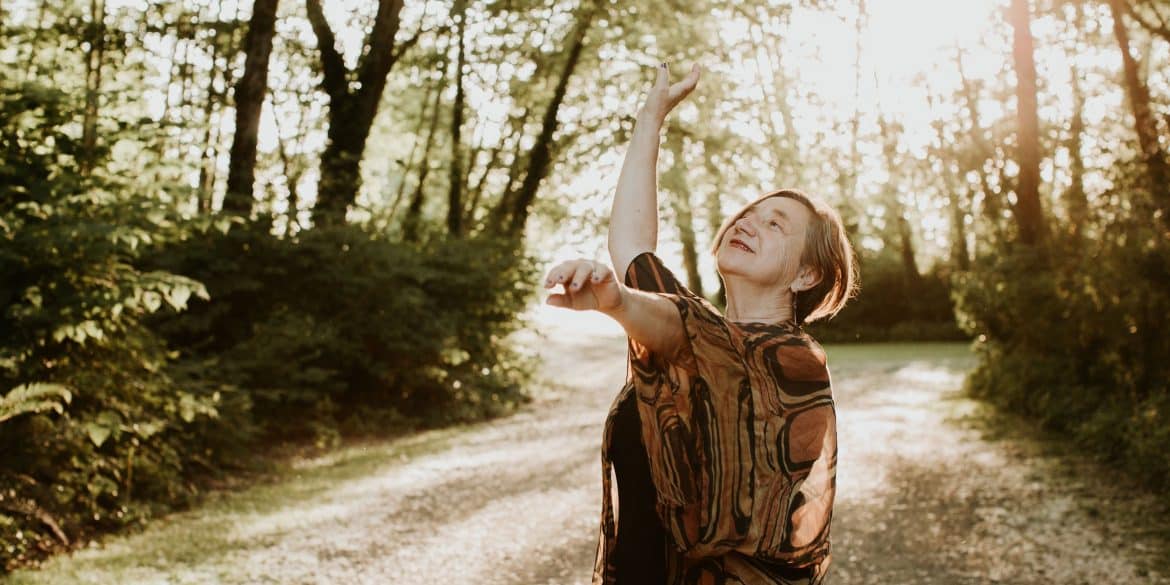POPULAR ARTICLES
autoethnographer: one who uses lived experience as evidence with which to explore cultural phenomena.
FROM OUR ARCHIVES
“A Seat at the Table” is the autoethnographic manifestation of my vulnerability, anger, and anguish, of my black feminist grit."
Within the context of this poem, I tried to explain what was happening to my body because of SLE and what I was thinking.
We invite you to participate in National Poetry month with us by reading and writing over at The AutoEthnographer's new Facebook group.
Marlen Harrison·
All ContentAutoethnographic Art & MultimediaClimate Change Special Issue, 2022InterviewsMorePodcastsSpecial Issues
··15 min read"Award-winning artist, Suzanne Hughes, talks about autoethnography and painting. Suzanne is responsible for the cover art for our special issue based on climate change."
"She has been so careful at work; she has had all of her shopping delivered for weeks, actually for months, now; she's even wiped down the items with bleach as they are delivered, and still does. How can this have happened?"
"It is in finding these solutions, the tape and the glue that holds us all together, that we find the beauty of who we are as people."
Through all of the things that separate us, there is one universal experience that transcends all barriers: love.
Vivian Wagner·
All ContentAutoethnographic Art & MultimediaAutoethnographic PoetryClimate Change Special Issue, 2022Special Issues
··8 min read“We noticed signs of climate change and felt a sense of impending doom, even as we witnessed how human beings across the continent are trying to keep alive a sense of culture, art, and kindness.”
In my poetry, I highlight negative depictions of Catholic religion and discuss how they differ from my own experiences as a Catholic.
When Whistles Melt into Beeps: Four Poems for AutoEthnographer Author’s Memo I...
"My oil on canvas series, "Journey of Self Love," depicts a variation of obstacles I've personally had to endure throughout my life as a woman."
MILK, ANTHOLOGIES, HORSES, & JOUISSANCE contained work as a meta-performance of the idea of texts passing through other texts.
FROM OUR ARCHIVES
autoethnographer: one who uses lived experience as evidence with which to explore cultural phenomena.
What is autoethnography? The AutoEthnographer's international team of editors offer definitions & suggested readings.
“The AutoEthnographer is an award-winning, non-profit, open-access, peer-reviewed literary and arts magazine dedicated to presenting the creative side of autoethnography, a qualitative research method uniting ethnography and autobiography that utilizes lived experience as evidence with which to explore cultural phenomena." ISSN: 2833-1400
AUTOETHNOGRAPHIC WRITING
AUTOETHNOGRAPHIC POETRY
AUTOETHNOGRAPHIC WRITING
I. Hate. Black. History. Month. And I’m hopeful, that in time, you will come to hate it too!
This autoethnographic essay offers a musing on the intricate relationship between language, writing and identity through an autoethnographic account of my reading and writing experience from childhood to present, and from China to the UK via Germany.
On Emerging Liberated of the Glass Box Author’s Memo Like many others in the American South, I began...
AUTOETHNOGRAPHIC MULTIMEDIA
"My oil on canvas series, "Journey of Self Love," depicts a variation of obstacles I've personally had to endure throughout my life as a woman."
The Ultimate Wave: Prose Poetry of the Pandemic and Parents Author’s Memo “The Wave” examines the problem of...
"I called out the demons one by one. I named them. I gave them precise blocking and ultimately, I controlled where they stood, breathed, and bourréed. I gave them an entrance, and a stage, and then I sent them away."
This work of experimental poetry examines the interaction between the happy user of the open source format and the automated surface.
Through these reflections on heritage, I delve into being a child of parents who immigrated from the Bronx to a suburban lifestyle.
This work, a narrative and poetic account of a school shooting, provides an experiential entry into the experience from the point of view of a faculty member.
In The AutoEthnographer’s latest podcast, Marlen Harrison talks with Sandra Faulkner about collage and visual poetry.
Dilek Isler Hayirli·
All ContentAutoethnographic Art & MultimediaEducationFrom the EditorsMoreReflections on MethodVolume 2, Issue 3 (2022)
··13 min read"I had not been aware that this emotional research was also performing autoethnography, collecting memories from the field"
"Although I never planned it, I wrote a series of novels, Celestial Bodies, that have pierced my heart in a way nothing else ever has, changing me as a writer and as a person."
Marlen Harrison·
All ContentAutoethnographic Art & MultimediaClimate Change Special Issue, 2022InterviewsMorePodcastsSpecial Issues
··15 min read"Award-winning artist, Suzanne Hughes, talks about autoethnography and painting. Suzanne is responsible for the cover art for our special issue based on climate change."
"I have continued to explore the usefulness of various poetic forms as a mechanism for providing access to suppressed internal voices."
This work is part of a larger ethnography of scars, one that addresses the intersection medicine, religion, and body politics in (among other places) Nebraska.
NEWS, INTERVIEWS & REVIEWS
"The AutoEthnographer is proud to announce that it has been selected by the United States Library of Congress for inclusion in their collections!"
This is a conversation with Patricia Leavy about writing fiction during the pandemic and her new novel, The Location Shoot.
"This journal is the culmination of my life’s work as a writing teacher, writer, and farmer. In the pages of this journal, you will find coverage for everything from raising chickens to jam recipes to poetry about farming and Nature."
SPECIAL ISSUES
EDUCATION, INTERVIEWS, PODCASTS, & REVIEWS
REFLECTIONS ON METHOD


